Dresden is a city that’s packed with cultural gems, a poster child for the Baroque. The city was largely destroyed in the Second World War, after the terrible fire storm inflicted by the English and American bombers. It has now been rebuilt into a lively and exuberant city, so you won’t be short of things to do in Dresden!
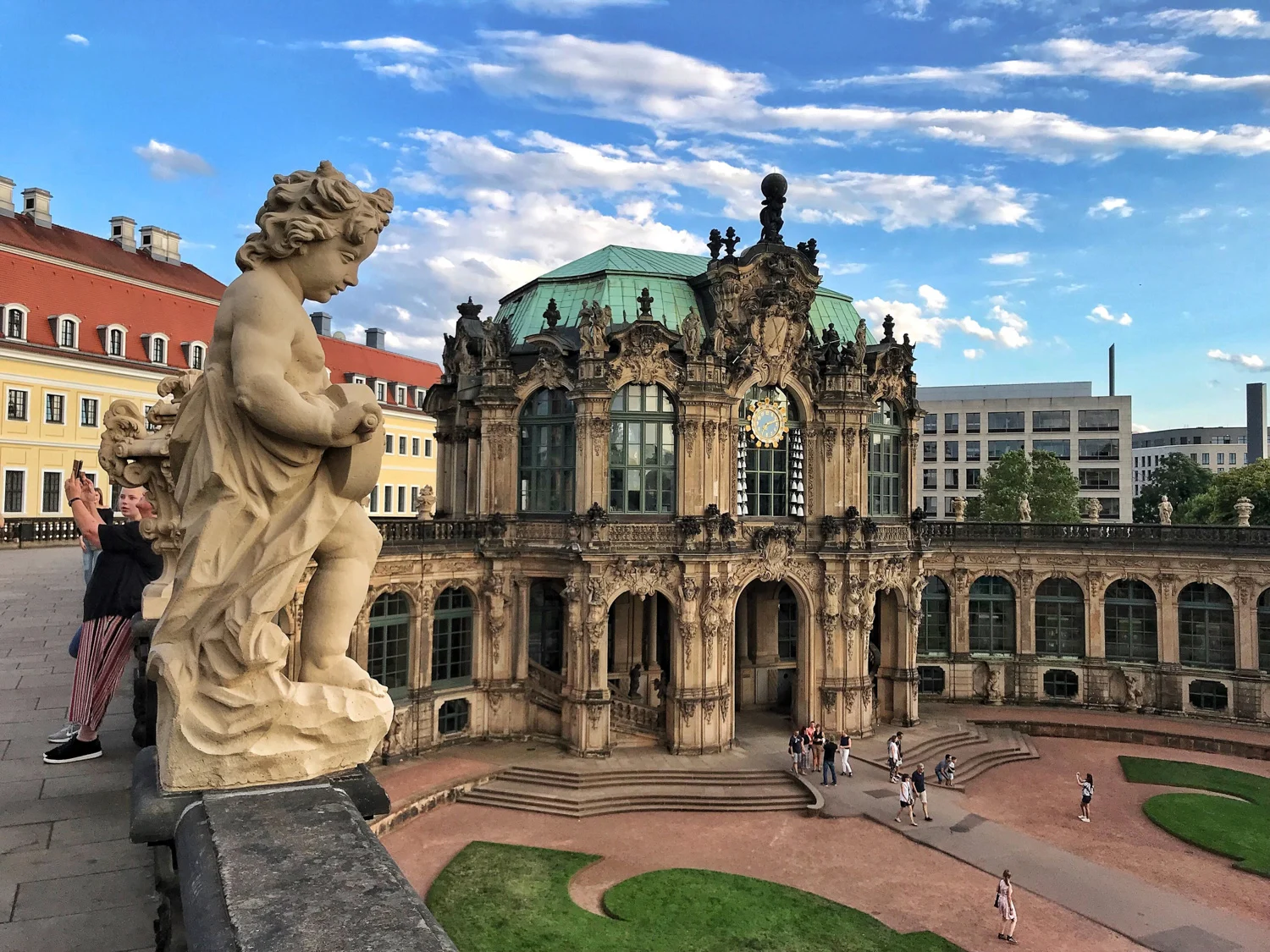
I knew that Dresden was part of East Germany until reunification in 1990, but I think I’d been expecting somewhere a bit smaller and more quaint. Our visit was part of a 4 day trip to explore the Cultural Heart of Germany, a driving tour through Thuringia and Saxony. We certainly packed in a lot on that trip!
If you only have one day in Dresden as we did, here’s what you might want to explore first.
This article may contain affiliate links that provide commission on purchases you make at no extra cost to you. As an Amazon Associate I earn from qualifying purchases.
1. Brühl’s Terrace in Dresden – views over the River Elbe
Our 1 day in Dresden began at our hotel INNSiDE by Melia, a stylish, modern hotel that’s well located close to the River Elbe that runs through the city. Just a short stroll from the hotel took us to the promenade known as Brühl’s Terrace.
Known as The Balcony of Europe, it overlooks the river and is lined with gorgeous Baroque buildings. it’s a great place for a stroll, to people watch. You’ll also see the paddle steamers on the river that offer boat trips starting from the river level below.
The terrace is named after Count Heinrich von Brühl, who was chief minister and great friend to the King of Saxony Augustus III. Brühl had a palace built in this area in the 1730s and was subsequently given the whole terrace by the king, in recognition of his services to the crown.
You may also enjoy: 3 fabulous Day trips from Dresden for Culture Lovers
In the 19th century the terrace became a public promenade, with fountains and ornate buildings. It runs towards the Augustus Bridge, where a flight of steps takes you down into Castle Square.
There were crowds of people waiting to take their photograph of the view from the terrace down the narrow street towards the Frauenkirche. We concluded that it must be one of the most popular instagram spots of Dresden, so we duly stopped to take the photo too.
If you’d like a guided tour to the old town of Dresden check out this Historic Walking Tour, which will give you information about the main cultural and historic sites.
2. The Albertinum modern art gallery in Dresden
At one end of Brühl’s Terrace, we popped in for a quick look at the inner courtyard of the Albertinum modern art museum. Built in the 1880s, the museum covers art from the Romantic period of the 1800s to the present day. It is especially known for the sculpture hall which includes The Thinker by Auguste Rodin.
The collection of New Masters includes well known names such as Monet, Gauguin and Van Gogh. You’ll also find many German painters in the Romantic, Impressionist and Expressionist style.
Nearby, look out for the Dresden Academy of Fine Arts, with a ridged glass dome that has a nickname of The Lemon Squeezer. There’s a charge to enter the Albertinum collection, but you can go into the inner atrium without charge.
Fun fact: In 2002 the River Elbe rose 9 metres, flooding the ground floor of the museum. Luckily all the sculptures and artworks were saved, but the museum’s archives are now housed in the roof to prevent any future damage.
3. The Frauenkirche Dresden – symbol of rebirth.
Continuing down the steps from Brühl’s Terrace, our walk took us to the Frauenkirche, the Church of Our Lady. The Frauenkirche is a powerful symbol of the city’s rebirth and one of the top things to see in Dresden.
This church holds so many stories from the terrible Allied bombing in Dresden of February 1945, when people sheltered in the stone crypt of the church. Fortunately the church stood long enough for those inside to escape, but the heat of the firestorm caused the dome and walls to shatter leaving just a pile of rubble.
Looking at the church today I’d assumed that the church had been restored immediately after the war. In fact, for many years the remains of the church were left as a war memorial.
It was only after German Reunification that resources became available to rebuild the church. Reconstructed as closely as possible to the original at a cost of €180 million, it reopened in 2005.
You may also enjoy my article: A guide to Wartburg Castle and Eisenach – on the Martin Luther Trail in Germany
Best known of the churches in Dresden, the Frauenkirche presides over a busy Neumarkt square surrounded by Baroque buildings. In reality, many of these have been constructed in the last ten years. Their 18th and 19th century facades are restorations or copies of the originals, hiding modern apartments and offices with underground car parks.
Fun Fact: Take a look at the Frauenkirche exterior and you’ll see both dark and light stones. The dark stones are the original and the light stones are the from the new reconstruction. You can see there’s not much of the original that remained.
QF passage for some designer shopping
The square of the Frauenkirche is a great place to stop in a café and watch the world go by. Or, indulge in a spot of shopping if you have a taste for luxury and designer brands.
To get a feel for how the old style facades are backed by more modern buildings, you can take a walk through the QF Passage. We also enjoyed the bronze sculptures by Dresden based artist, Małgorzata Chodakowska.
4. Coffee and a slice of Eierschecke cake
If you’re ready for a coffee, the elegant cafés that surround the Neumarkt square are an excellent location to stop. You’ll be in good company, as the people of Saxony are well known for their addiction to coffee.
To taste a sweet Dresden specialty, look out for the Eierschecke cake. It’s a popular baked cheesecake that’s made with layers of curd cheese and eggs, sometimes also flavoured with ground almonds, apple or raisins.
The cake is found in lots of bakeries and cafes. We were told that the small cafe Dresdner Kaffeestübchen (Salzgasse 8) right by our hotel makes one of the best!
Fun Fact: As testament to the taste for coffee in Saxony, Johann Sebastian Bach wrote the Coffee Cantata, a short comic opera set in nearby Leipzig. It features a coffee loving heroine and her father who tries to prevent her indulging her coffee addiction.
5. Lunch of hearty Saxon dishes
If instead you’re ready for lunch and wondering where to eat in Dresden, try some of the traditional restaurants serving Saxon dishes, located in the square around the Frauenkirche.
We ate there when we were in Dresden on a sunny outdoor restaurant terrace, watching the world go by in the Neumarkt square. For colder months these traditional style restaurants generally have a cosy interior, with an atmospheric bar or dining rooms.
Choose some of the Saxon specialties such as river perch, roast venison or hearty stews with dumplings. To accompany your meal, order local wines from the Elbe valley. If you’re more of a beer drinker, look out for the local Radeberger pilsner which is brewed locally – they also do brewery tours.
If you want to taste more of the food of Dresden, take this Taste of Dresden Food Walk tour around the old town with 6 different food and drink stops.
6. Stallhof of the Residenzschloss Palace in Dresden
The next stop on our walk through the old quarter or Altstadt of Dresden was the Stallhof or Stable Yard of the Residenzschloss Palace. Used in the Middle Ages for jousting and tournaments, the courtyard still hosts many events and festivals. A Medieval themed Christmas market is held here during Advent.
It’s a beautiful part of the palace to walk through, although what we see today is an elegant reconstruction of the original that was destroyed during the bombing of 1945.
You may also enjoy my article: 12 fun things to do in Erfurt, Thuringia
7. The Fürstenzug or Procession of Princes in Dresden
As you walk down Augustusstrasse towards the palace, look up at the outside wall of the Stallhof. The Fürstenzug mural covers the wall above your head. This Procession of Princes shows a succession through the centuries of the rulers of Saxony.
It was originally painted in the 1870s to celebrate the 800th anniversary of the Wettin dynasty. In the early 1900s, the painting was replaced with mosaic Meissen tiles to make it weatherproof.
Fortunately it was spared during the bombing of Dresden during WW2. You can follow the mural to see the names and figures of all the Electors, Dukes and Kings of Saxony from the 12th century until George of Saxony in the 1900s.
8. The Semperoper in Dresden
After taking a look in the Stallhof courtyard, we continued into the Theaterplatz which was full of market stalls for the Canaletto festival. We couldn’t get a really good look at the Semperoper, an opera house and concert hall that’s another of Dresden’s landmark buildings.
It’s an example of the Italian Renaissance style that was popular in the 1840s when it was built. This is another building that was largely destroyed in the Dresden WW2 bombings and was reconstructed in 1985.
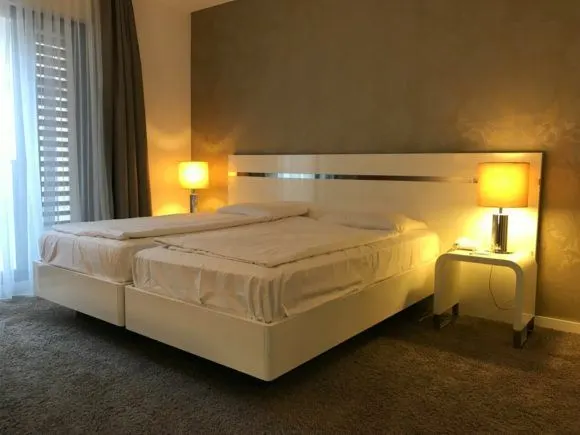
We stayed at the modern and stylish hotel INNSiDE by Melia in Dresden
Search for other hotels in Dresden
Even if you’re not attending a performance, you can take a guided tours of the Semperoper in German, English and other languages. Or, you can combine this with a tour of Dresden’s old quarter – you can book a skip the line ticket and guided tour of the Semperoper or buy a ticket for the Semperoper and Old Town tour.
9. The Zwinger Dresden – Palace and Gardens
We were, however, able to walk up the steps to the rooftop terrace that overlooks the courtyard of the Zwinger Palace. This is another beautiful example of Dresden’s Baroque architecture and one of the top attractions of Dresden.
You can walk freely into the courtyard of the palace with topiary, grass parterres and fountains. This is in keeping with the original purpose as an orangery and pleasure garden for the Royal court.
The Zwinger was built in the Baroque style for Augustus the Strong, inspired by his visit to King Louis at Versailles. It was inaugurated in 1719 for the marriage of the elector’s son Frederick August to the Hapsburg Emperor’s daughter Maria Josepha.
If you’d like to know more about the Zwinger palace and gardens, you can download the free smartphone app to guide you around.
Fun fact: Keep an eye on the clock above the Glockenspiel Pavilion (shown behind me in the photo.) The Meissen porcelain bells chime every 15 minutes, with longer tunes at 10.15am, 2.15pm and 5.15pm. Melodies change each season and it was playing Mozart’s Magic Flute when we were there.
The palace buildings around the courtyard now house museums, including the Porcelain Collection, Old Masters Picture Gallery and Royal Cabinet of Mathematical and Physical Instruments.
You may also enjoy my article: Schloss Friedenstein in Gotha – The Victoria and Albert Connection in Thuringia, Germany
10. A chocolate stop at Camondas in Dresden
With all this sightseeing you may be ready for an afternoon break. We discovered the Camondas chocolate shop and museum on Schloßstraße 20, which is just behind the Residenzschloss palace.
In summer they have a kiosk selling their famous chocolate ice cream as a block on a stick or in small tubs to take away. During the winter you may prefer a hot chocolate with whipped cream, or a look around their small chocolate museum to get your chocolate fix.
11. Museums in Dresden
Dresden truly is a city of culture with numerous museums that showcase the historic heritage and art treasures of the rulers of Saxony. While we didn’t have enough time to visit them, culture lovers may want to finish their day in Dresden with a visit to some of the following museums in Dresden.
Top Tip: If you plan to visit a lot of museums, a Dresden City Card is a great way to get discounts and free admission into many tourist attractions.
Museums in the Zwinger Palace
You can pay to visit each of the museums individually or buy a joint ticket covering them all.
Porcelain Collection – housing the collection of Augustus the Strong who was mad on the exquisite and luxurious porcelain that was initially imported from China. Later these porcelains were made in the factory he founded at nearby Meissen. The galleries designed by architect Peter Martino show the collections on the walls rather than behind glass, allowing a close up look at the delicate porcelain.
Old Masters Picture Gallery – The works of the European Old Masters reflect the taste of the Saxon electors and many were hung in the apartments of the electoral residence palace, before Augustus the Strong set up his first picture gallery in the palace in 1718.
Royal Cabinet of Mathematical and Physical Instruments – This collection of Augustus the Strong with telescopes, pocket watches and globes were the high tech inventions of the age, allowing mathematicians and astronomers to explore the big questions of the universe.
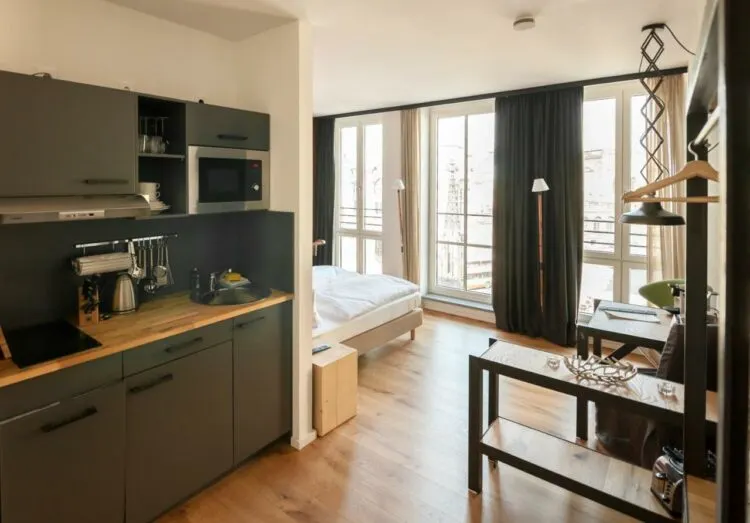
Stay in the heart of Dresden at the Felix Suiten am Zwinger
Search for other hotels in Dresden
Museums in the Residenzschloss
A ticket for the Residenzschloss is €14 and covers the state apartments and museums with a free audio guide.
The Green Vault – The Residenzschloss was almost completely destroyed during the Dresden bombings of WW2 but the historic Green Vault was one part of the palace that survived. Named after the green walls of some of the rooms, this part of the palace houses the treasures of silver, gold and jewels. Entry is normally by timed ticket.
Münzkabinett of Coin Cabinet – holds a collection of 3000 coins, medals, banknotes, bonds, and minting technology, telling the story of making coins in Saxony as a political message as well as a source of wealth.
Rüstkammer – shines with ornate armours, firearms, swords and sabres decorated with valuable metals, as well as with magnificent garments and riding gear from the collections of the Saxon dukes and electors.
12. A Paddle Steamer boat trip on the River Elbe
If museums aren’t your thing, why not take to the river for a different perspective on Dresden? Did you know that Dresden is known for its paddle steamers that have been built here since the 1830s, to take passengers up and down the River Elbe?
We were in Dresden during the Canaletto festival in August, which offers music and street-markets around Dresden. A section on the quayside of the river Elbe celebrates all things relating to steam engines and paddle steamers. The Dampferparade was taking place over the weekend with all the paddle steamers decorated with flags, to create a parade along the river.
You don’t have to visit Dresden during the festival time to take a paddle steamer trip on the river. There are many boat trips taking place throughout the day and evening, especially in summer. Buy tickets or get information on timetables from the kiosk on the quayside below Brühl’s Terrace.
13. Visit the Christmas Market in Dresden
While the paddle steamers are a great option in the warmer summer months, as winter approaches everyone’s looking forward to the Christmas Markets. Set in the beautiful market squares and courtyards of Dresden, you can end your day in Dresden as dusk falls.
The Dresden Striezelmarkt is set up daily during advent from late November to Christmas eve. Enjoy a drink of gluhwein and a snack from the food stands, while browsing for crafts and Christmas gifts.
There are themed markets in multiple locations throughout the old town. The picturesque courtyards of the Stallhof hosts a Medieval market. In the Residenzschloss courtyard there’s a Romantic Christmas market.
You may also enjoy my article: Seasonal things to do in Tubingen – the ChocolART chocolate festival
14. Dinner at Felix Restaurant in Dresden
To complete your day in Dresden, we can recommend Restaurant Felix, where we had dinner in the old town. This modern restaurant offers something different from the traditional German fare, with more refined dishes that change with the seasons.
The highlight is the roof terrace location, with an outdoor bar where you can sit on a deckchair in summer, looking out over the Zwinger palace and main square.
Inside the decor is an eclectic mix of techno coloured lights and vintage style furniture covered in old coffee sacks. The menu nods towards Asian flavours, and I tried the raw marinated beef fillet with grilled Thai asparagus, peanut mayonnaise and ginger sorbet.
Guy ordered the flank of beef with corn textures. It was adventurous cuisine, a refreshing change from the pork and dumplings, and moderately priced considering the level of cooking and the setting. You may like to check out their stylish Felix Suiten am Zwinger suites and their other restaurant in Leipzig.

Stay in the heart of Dresden at the Felix Suiten am Zwinger
Search for other hotels in Dresden
15. Exploring the Neustadt of Dresden
As we had only a day in Dresden, we stayed on the Altstadt (Old Town) side of the river. Most of the major landmarks and tourist attractions are located here.
If you have more time or are looking for something different, you should walk across the bridge to explore the Neustadt (New Town) side of the river. This area is still pretty old but has a more arty and creative vibe.
The Elbe floodplain on this side of the river is purposely left undeveloped and natural. In summer you can relax here with a picnic and get some great photos looking back at the skyline of the Altstadt.
This is probably the cheaper side of the river for hotels, bars and restaurants. Off the broad boulevard of Konigstrasse with its smart shops are many more indie boutiques and interesting shops.
If you enjoy street art, you’ll find lots of great examples in the Neustadt. The Kunsthofpassage features quirky buildings, cute cafes and shops hidden within a colourful courtyard. Street art lovers will enjoy this Dresden Street Art tour to see the best street art and wall paintings in Dresden.
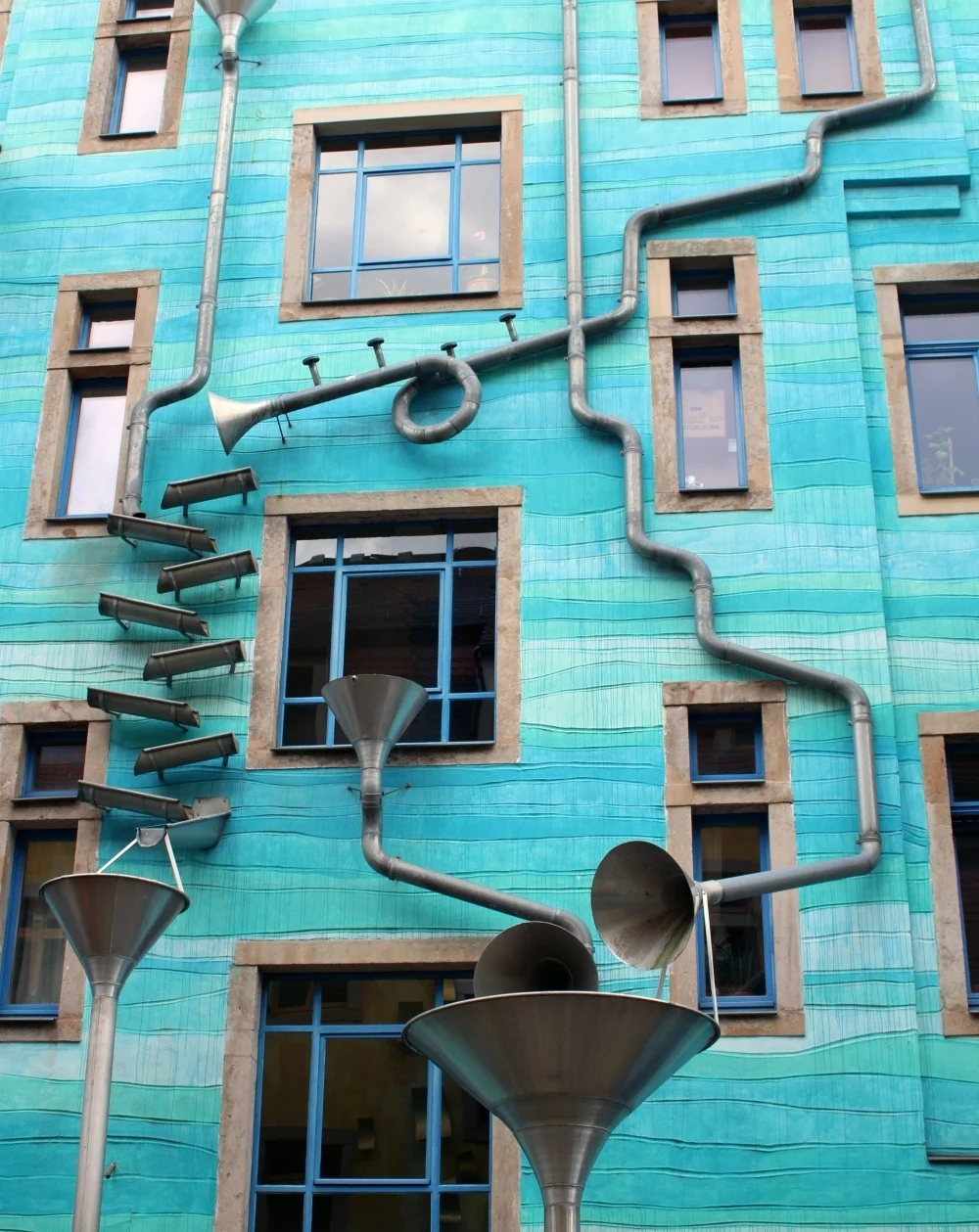
Day trips from Dresden
Dresden makes a great base for exploring more of this fascinating and historic region of Saxony. If you have more time, why not stay a few days here and visit some of the interesting places nearby.
You can read about some of the day trips from Dresden that we enjoyed like the fairytale Moritzburg castle set on a lake. Nearby Meissen is easily reached by train from Dresden. At the delightful winery of Schloss Wackerbarth you can taste the wines over an excellent lunch.
Another place to visit for hiking, is the Saxon Switzerland National Park that’s south east of Dresden, with its photogenic rocky peaks. If you don’t have a car, you can book this Bohemia and Saxon Switzerland day trip including transfers from Dresden.
Where to stay in Dresden – INNSiDE by Melia
We spent two nights at the stylish and modern hotel INNSiDE by Melia, which makes a great base for sightseeing in Dresden. It’s well located just behind the Frauenkirche and close to the Bruhl’s terrace, so you can walk everywhere.
Behind the unassuming facade hides a 180 room hotel, with an internal courtyard bringing light to the ground floor reception, bar and restaurant. The courtyard also serves as an outdoor terrace where you can have breakfast, meals or drinks in warm weather. There are some fabulous night time views of the Frauenkirche dome from the Twist Skybar on the 6th floor.
If you’re driving as we were, the hotel has an underground car park which is quite small and places cannot be reserved. When it’s full there’s another paid underground public car park nearby.
Our bedroom at the 4 star INNSiDE by Melia was contemporary in neutral colours with flashes of colour and arty photos of local landmarks. The bathroom was filled with glass and marble, and a powerful shower.

Stay at the INNSiDE by Melia in Dresden
Search for other hotels in Dresden
The buffet breakfast is served on the ground floor restaurant with a wide selection of dishes including some regional produce and Asian dishes. Overall we found the hotel a very stylish and comfortable place to stay. More information on the INNSiDE by Melia Website.
Read more articles from this trip
- 12 fun things to do in Erfurt, Thuringia
- 3 fabulous Day trips from Dresden for Culture Lovers
- Schloss Friedenstein in Gotha – The Victoria and Albert Connection in Thuringia, Germany
Visitor Information for your trip to Dresden, Germany
You’ll find more information to plan your trip on The Cultural Heart of Germany Website, the Saxony Tourism website and the Dresden Tourism website.
If you are looking for a guidebook for your visit to Saxony and Germany, we recommend the DK Eyewitness Travel Guide to Germany.
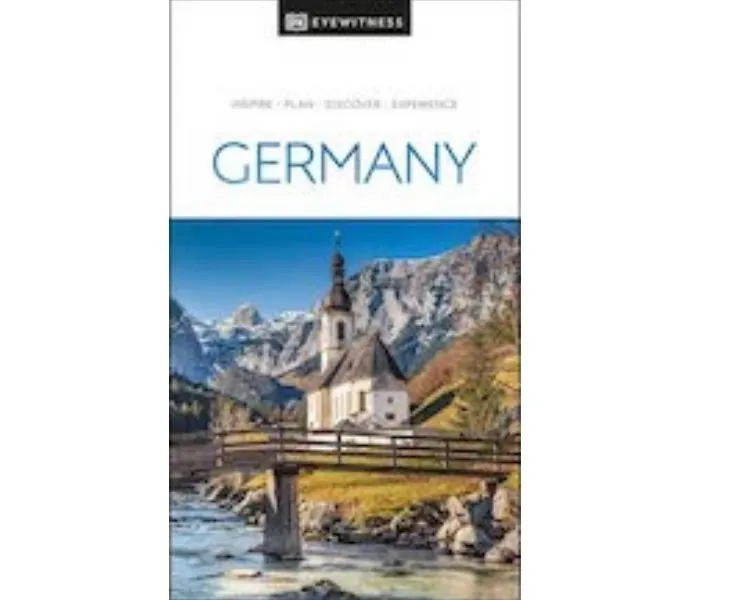
Need a guide book for Germany? We recommend the DK Eyewitness Germany Travel Guide
Guided Tours: Check out some of the fun tours that are available in Dresden, such as this Hop on Hop off Bus tour, Original Night Watchman Tour by Lantern Light or a River Sightseeing Boat Cruise.
Where is Dresden in Germany?
Dresden is the capital of Saxony, one of the federal states of Germany. Between 1949 and re-unification in 1990, it was part of the former GDR (East Germany). Dresden sits in the heart of Europe close to Saxony’s other major town of Leipzig.
The state of Saxony is bordered by Thuringia to the west, Bavaria to the south, Lower Saxony to the north and the Czech Republic to the east. With so many historic and cultural attractions in these regions of Germany, Saxony and neighbouring Thuringia have become known as the Cultural Heart of Germany.
You can see all the places we visited on the map below.
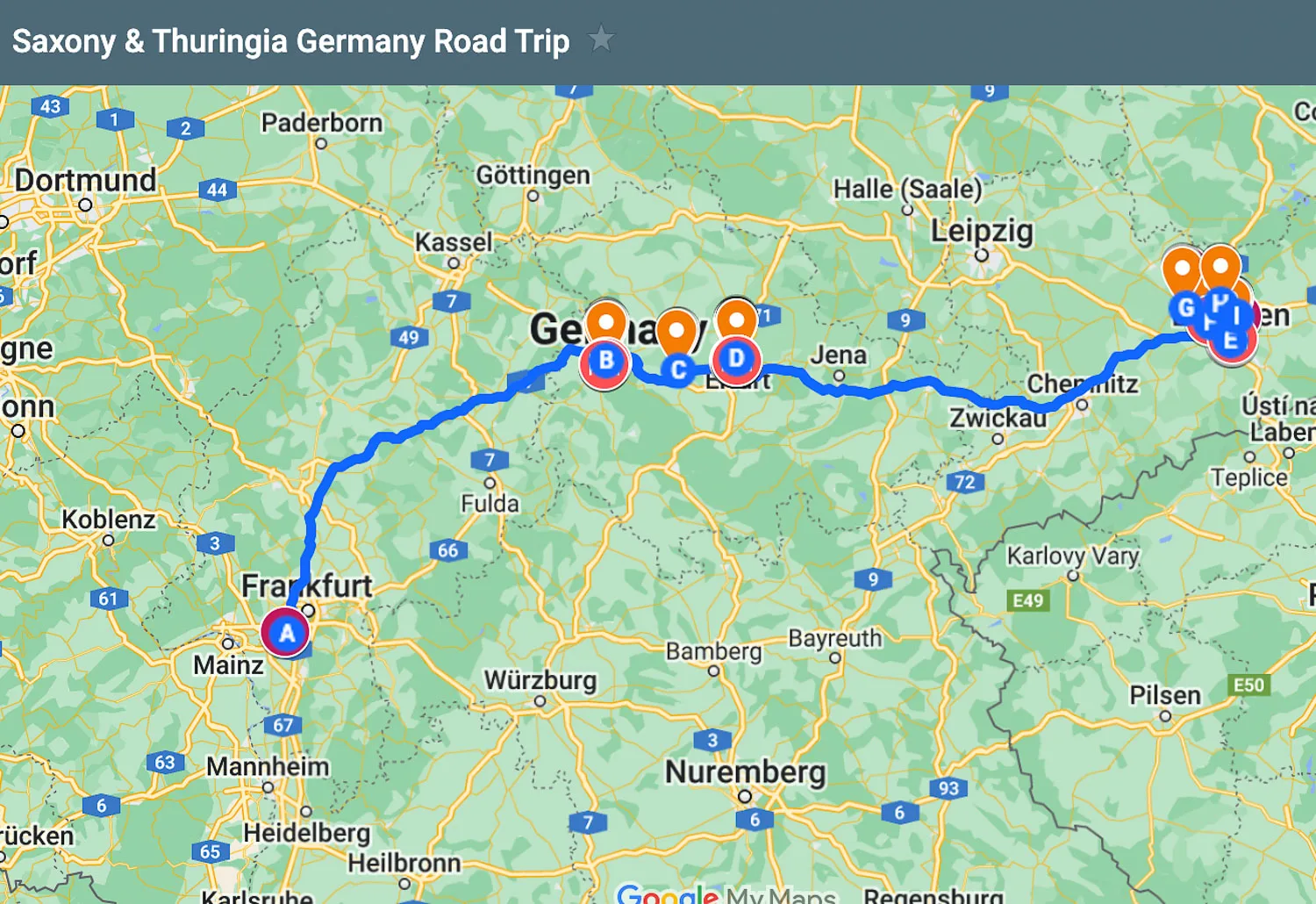
Getting to Dresden in Germany
The closest airport for international flights to Dresden is Dresden airport or Leipzig airport. Larger international airports are Prague, Berlin or Munich.
When staying in Dresden you do not need a car to see most things. The main sights of the old town are within easy walking distance and many streets are pedestrianised.
However, a hire car is an excellent option if you are taking a road trip and visiting places close to Dresden. This gives you the option to easily reach all the main towns and attractions of Saxony.
If you prefer not to drive, you can also use the efficient German train and bus network to get around. More information for train travel on the Deutsche Bahn website and for public transport options around Dresden on the VVO Website.
Read Next
Plan 3 fabulous day trips from Dresden for culture lovers – Saxony, Germany
Pin it – your choice!
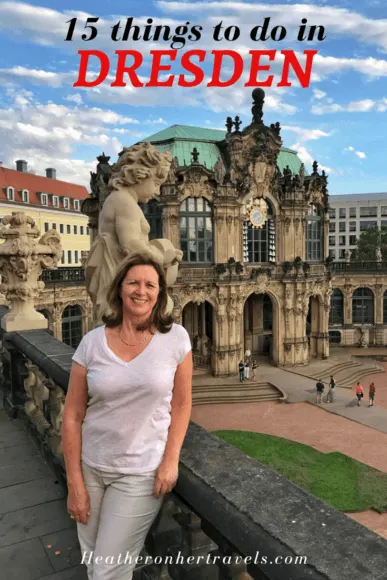
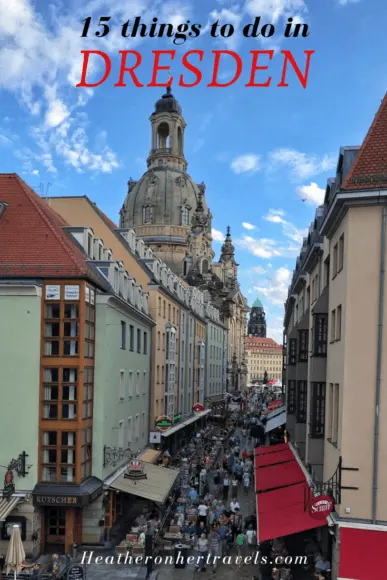
This article was sponsored* by The Cultural Heart of Germany, Thuringia Tourism and Visit Saxony who provided the 4 day trip and experiences mentioned.
* More info on my policies page
This article is originally published at Heatheronhertravels.com

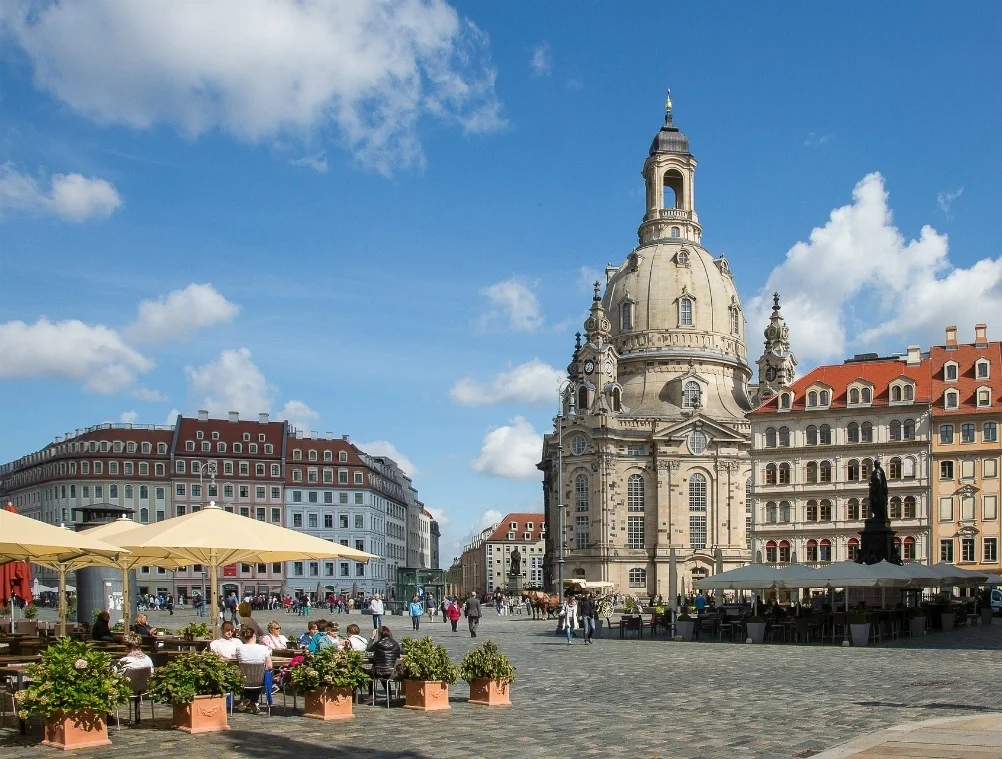
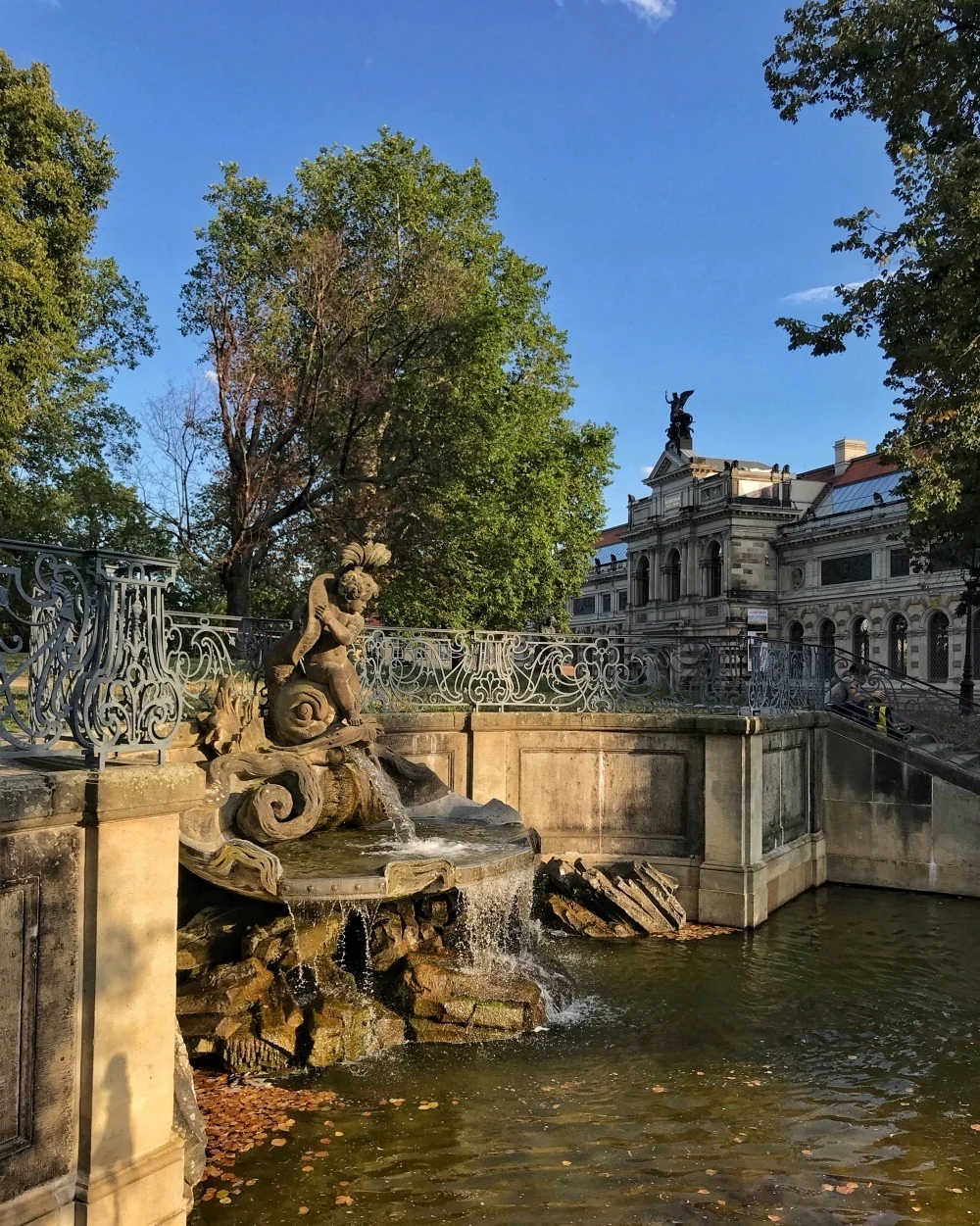
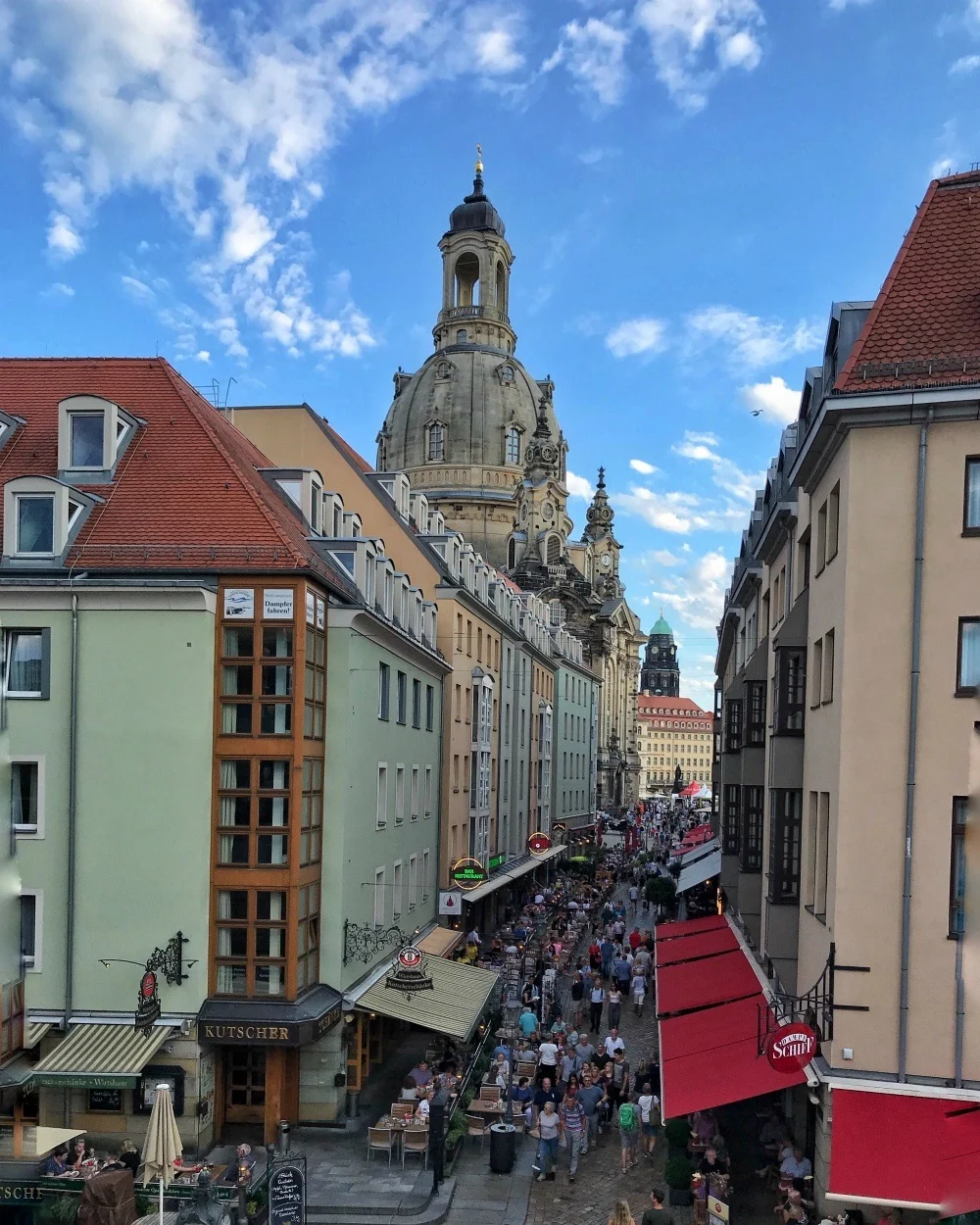
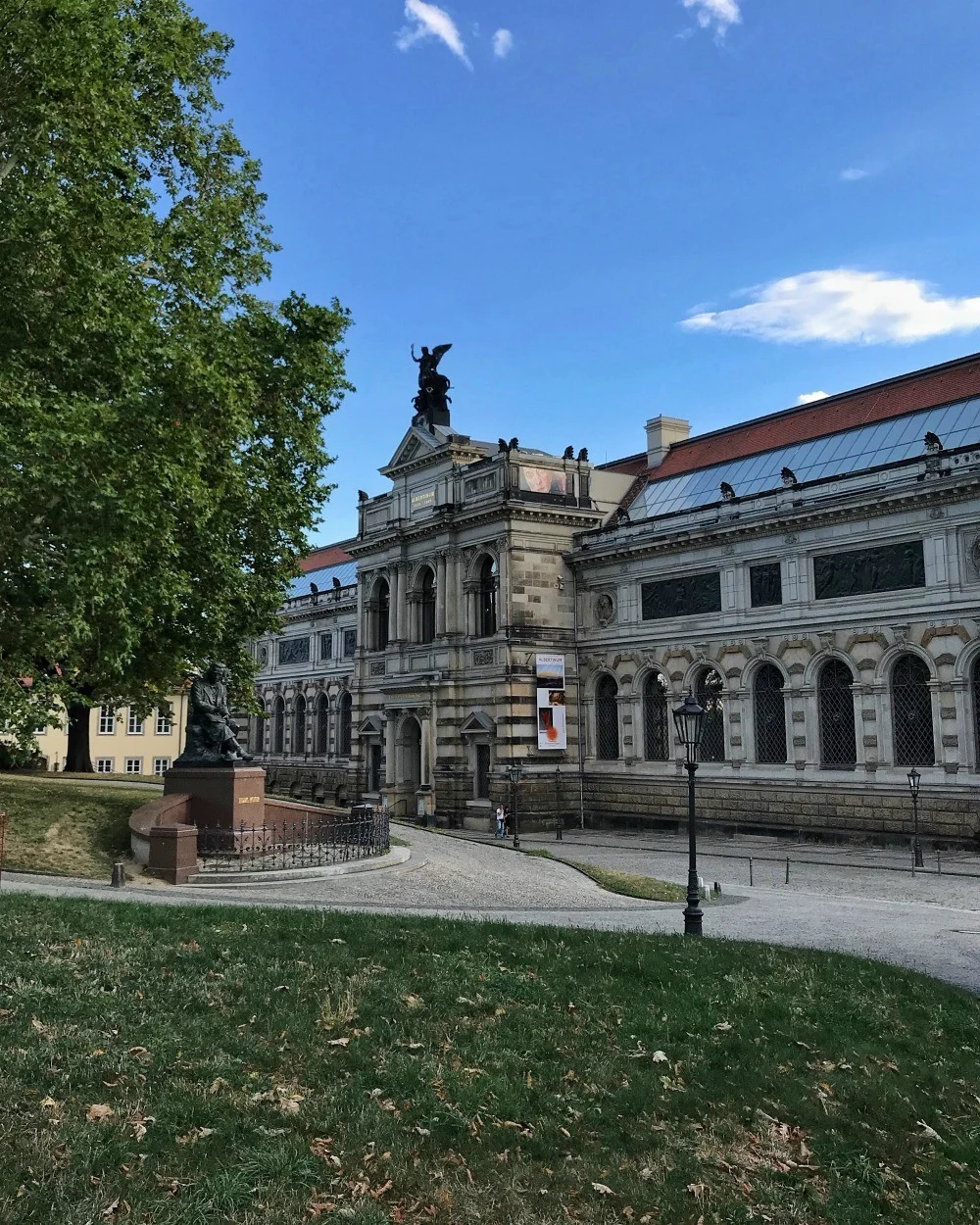
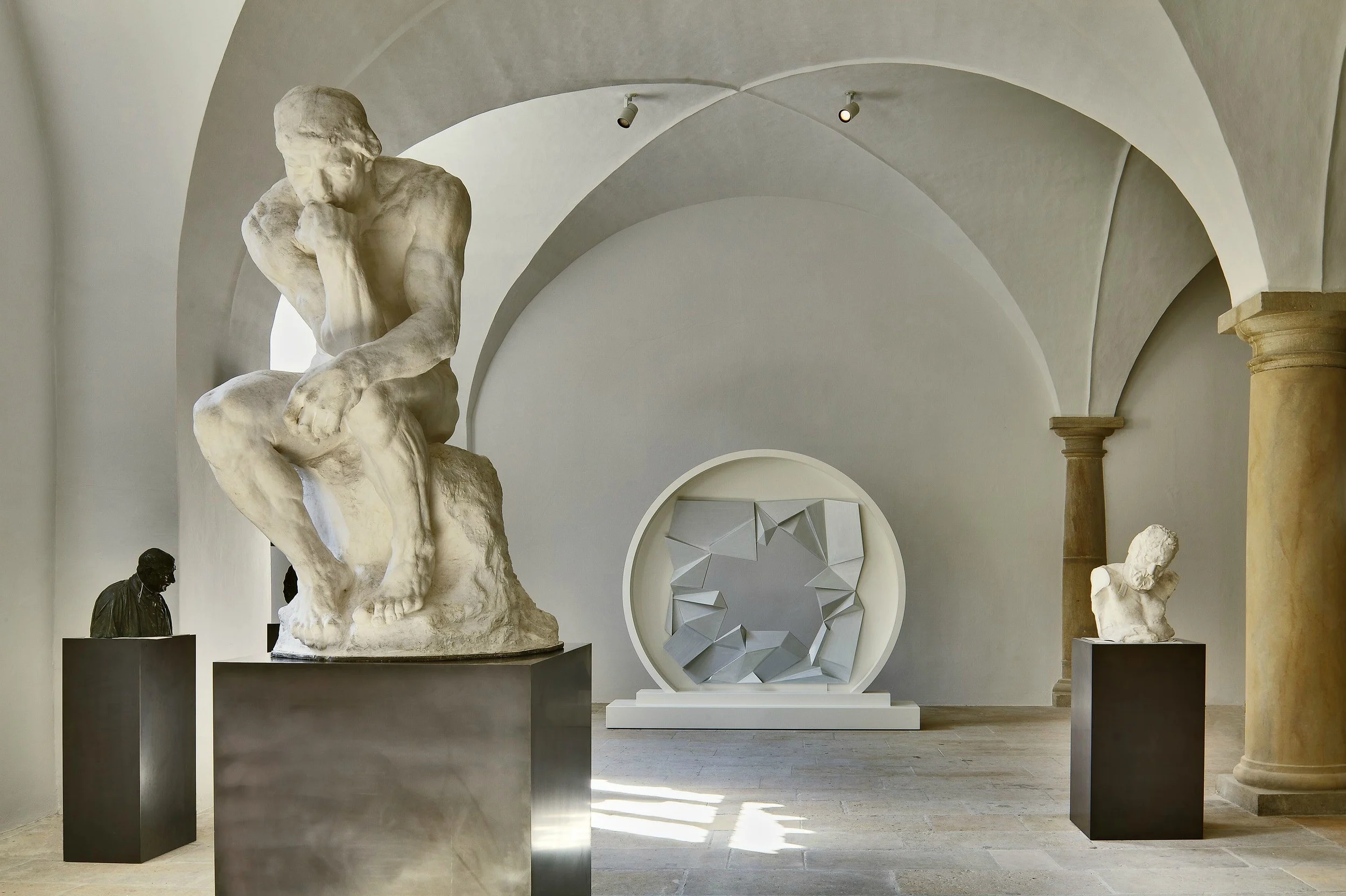
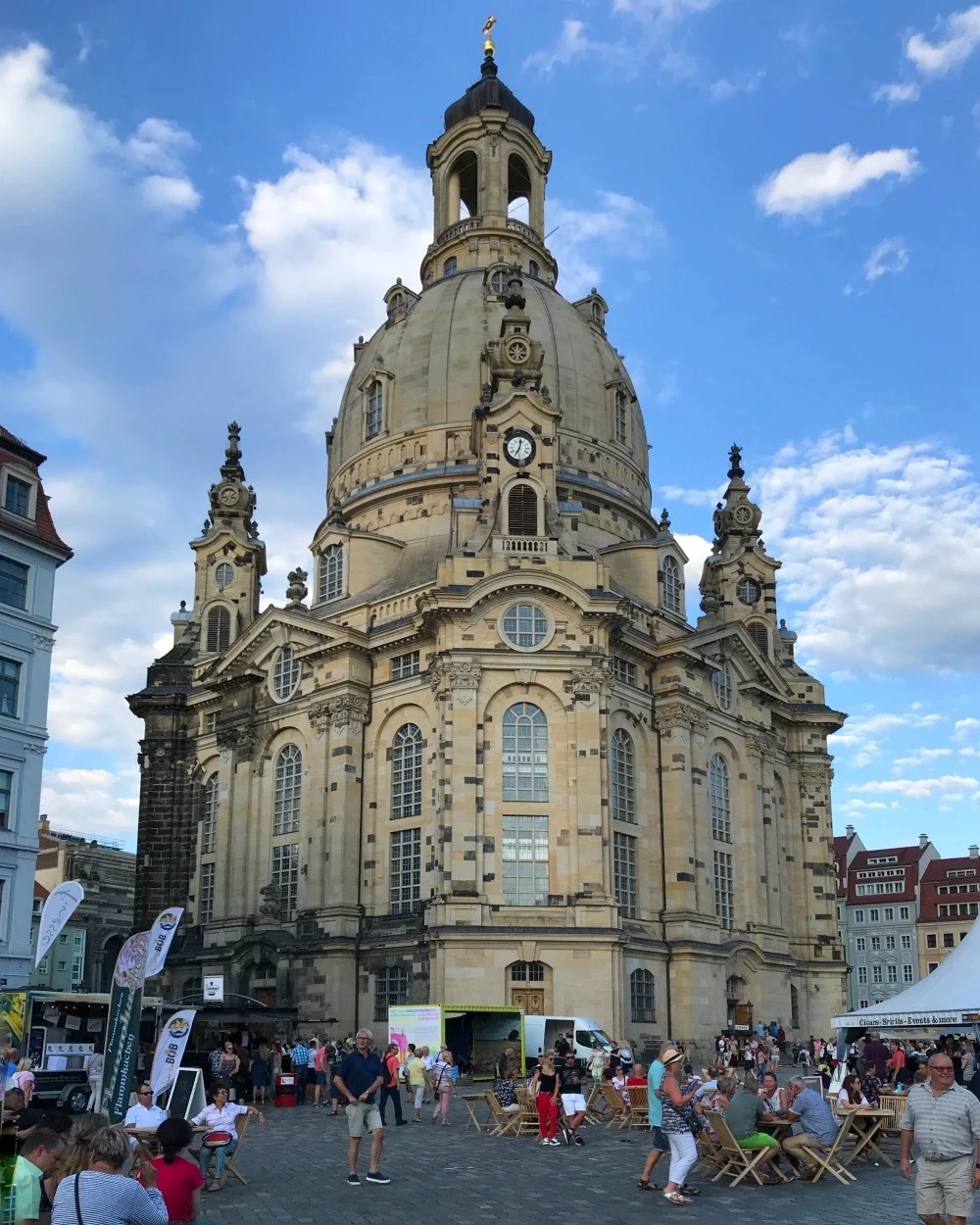
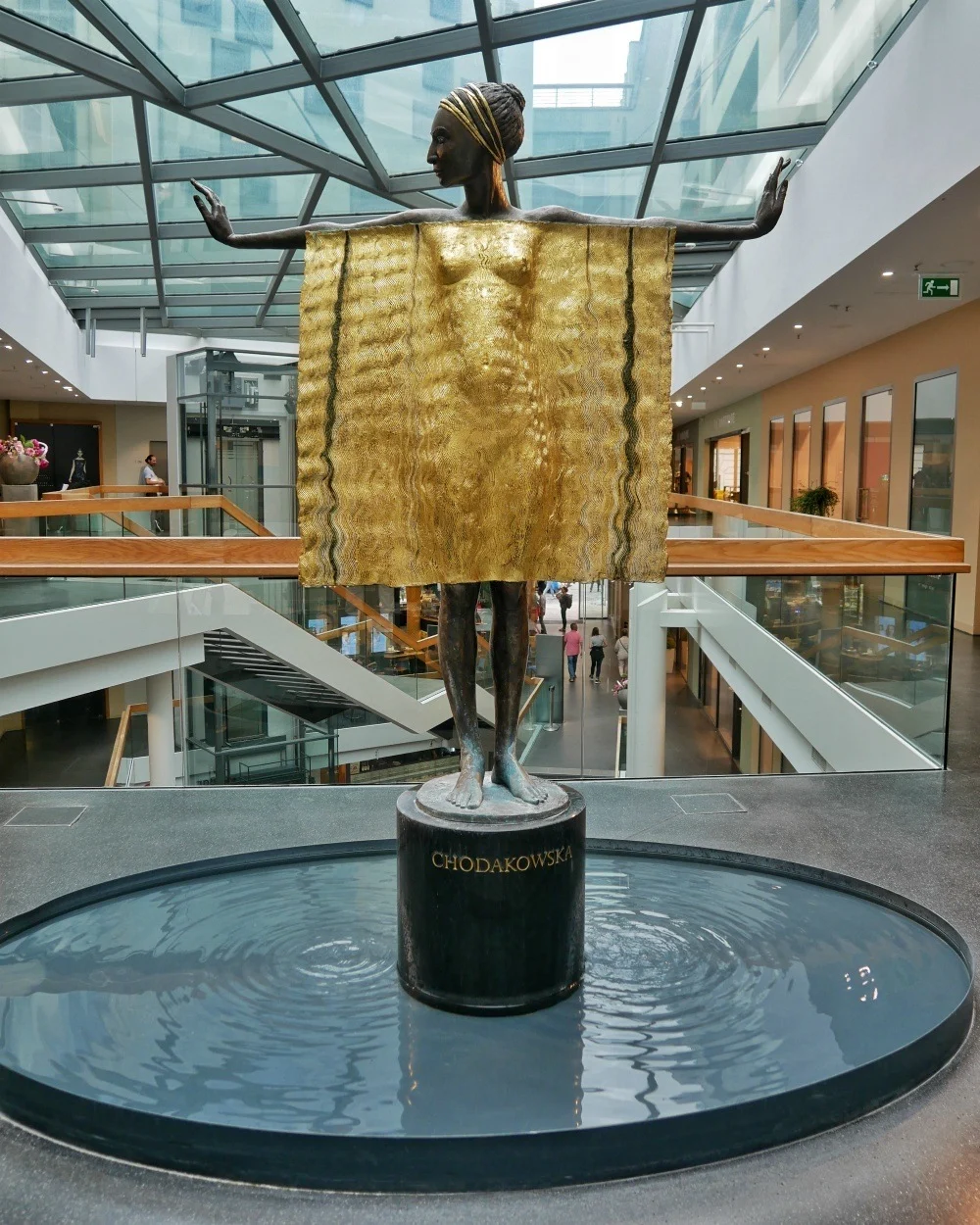
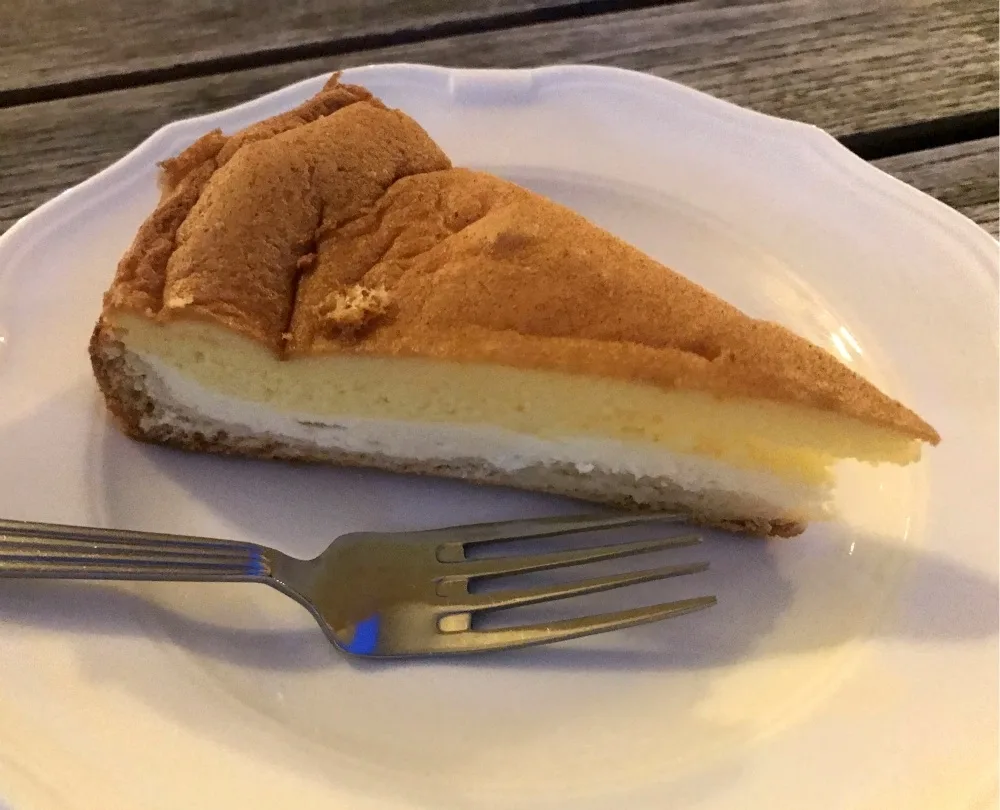
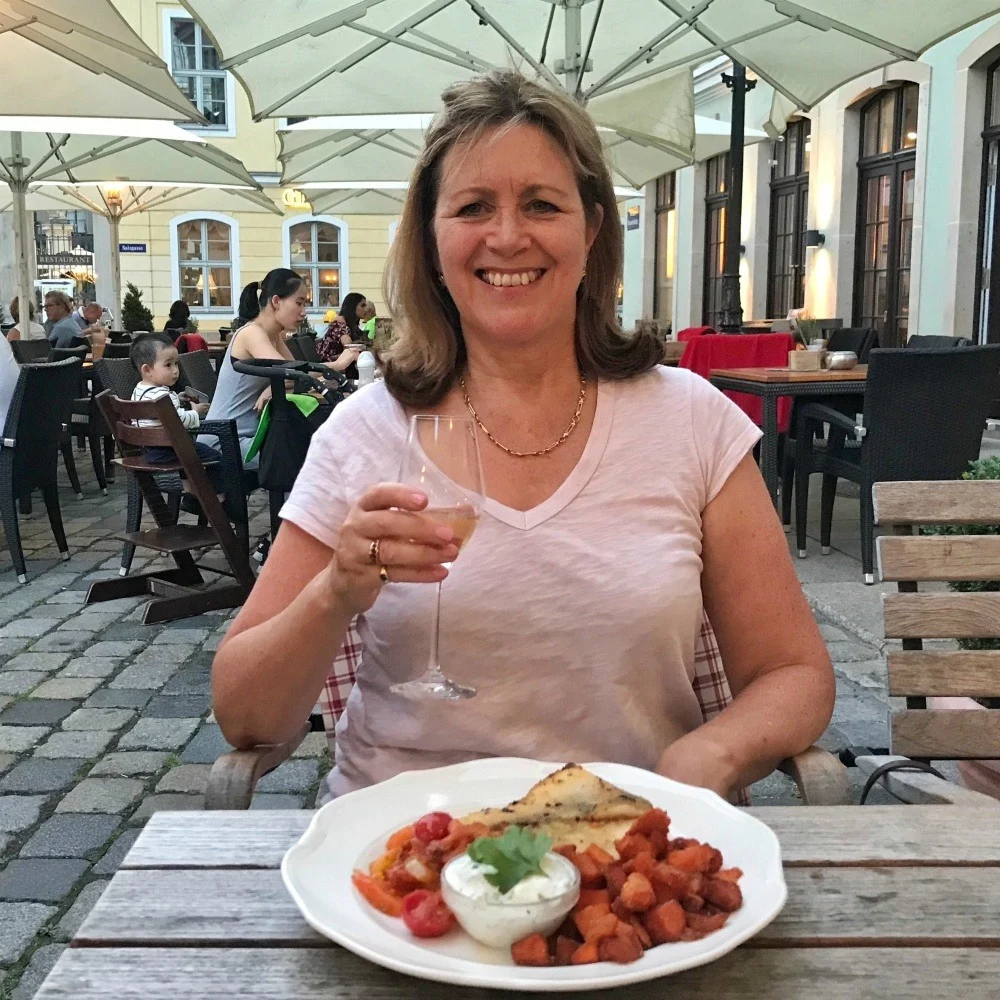
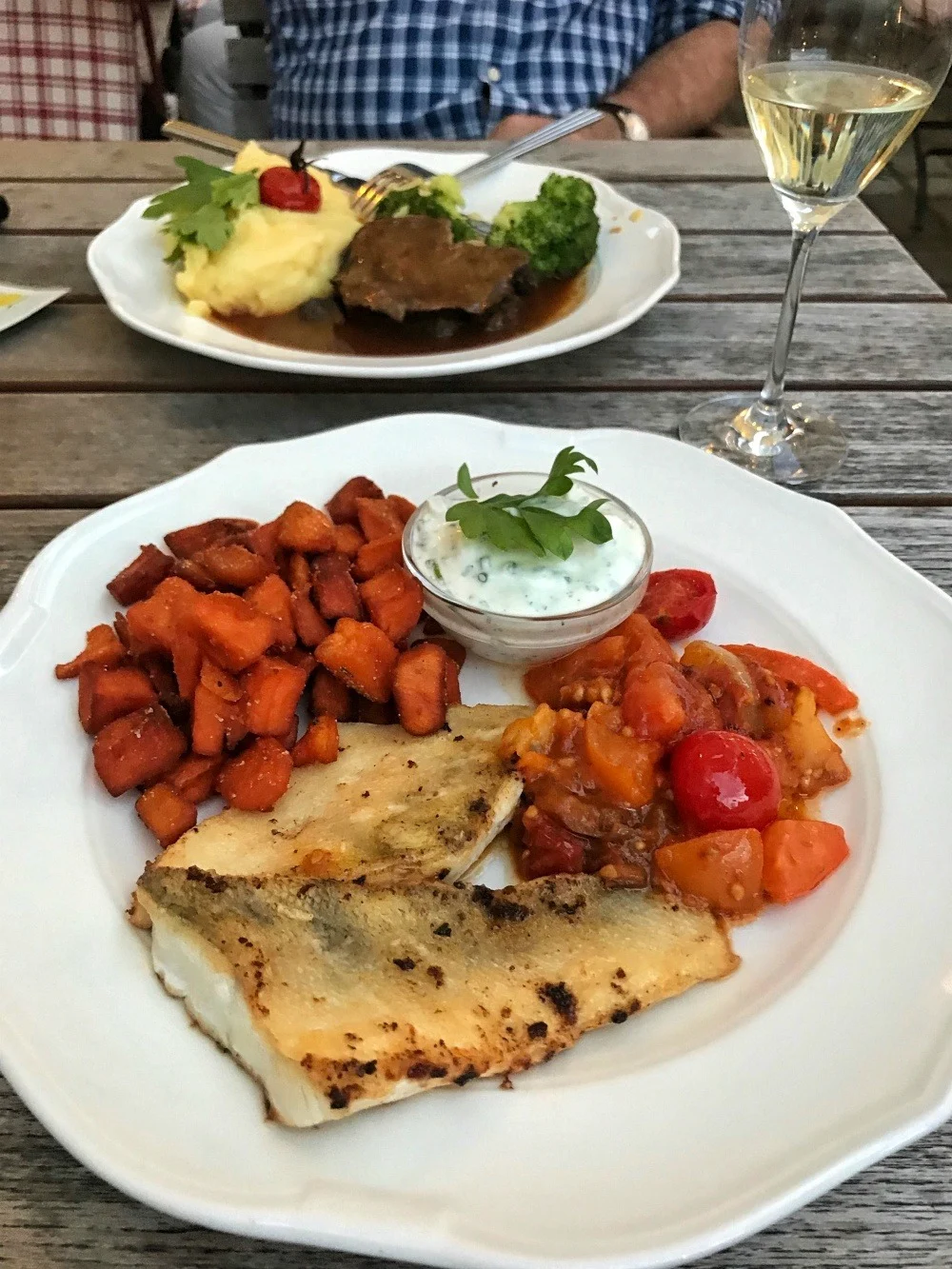
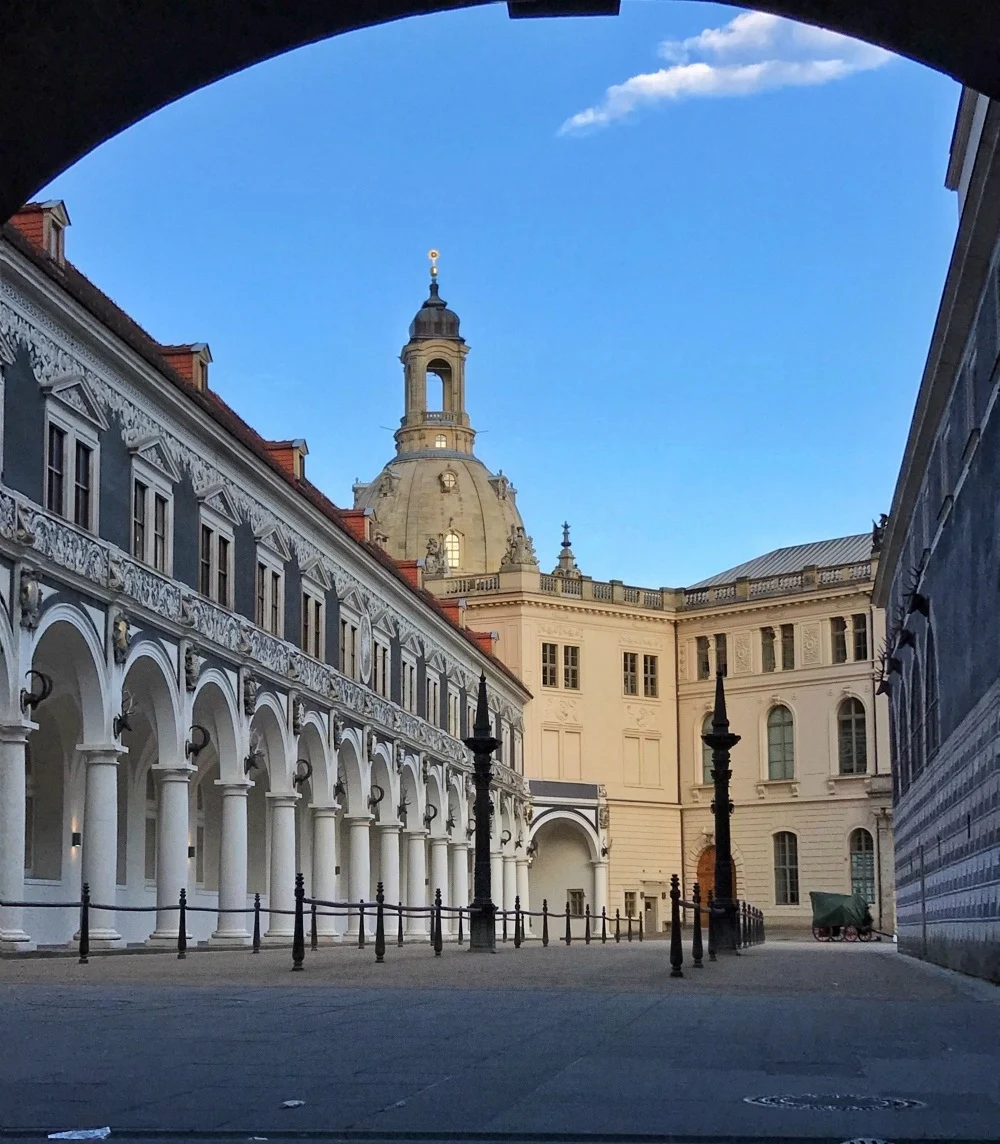
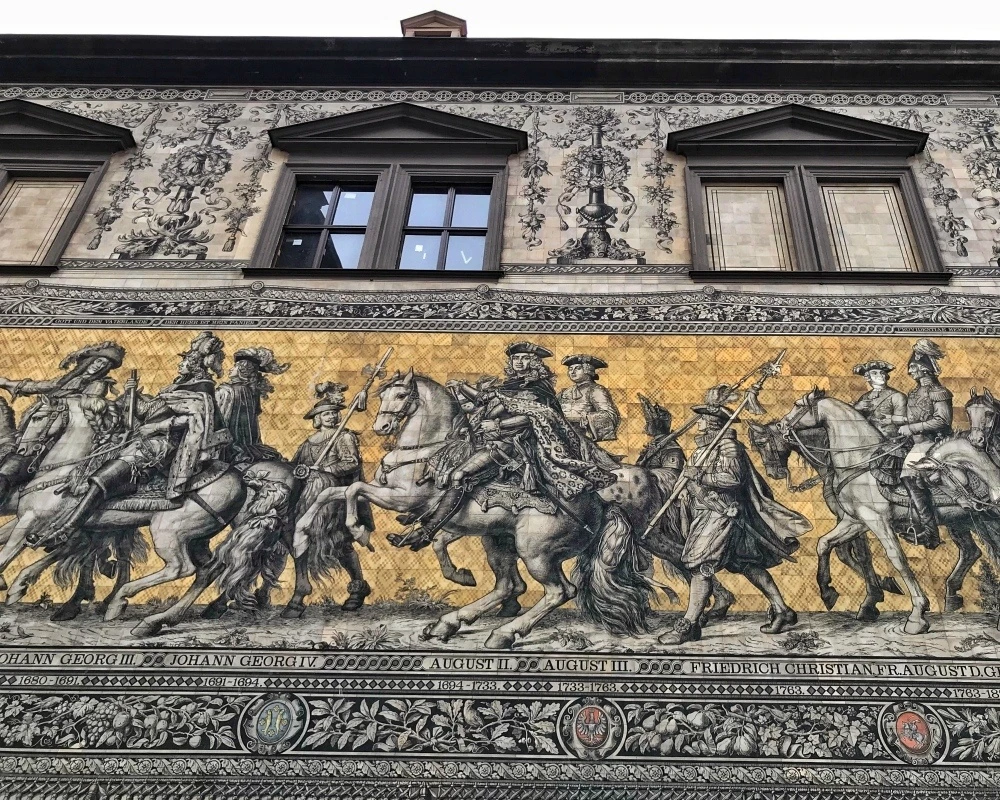
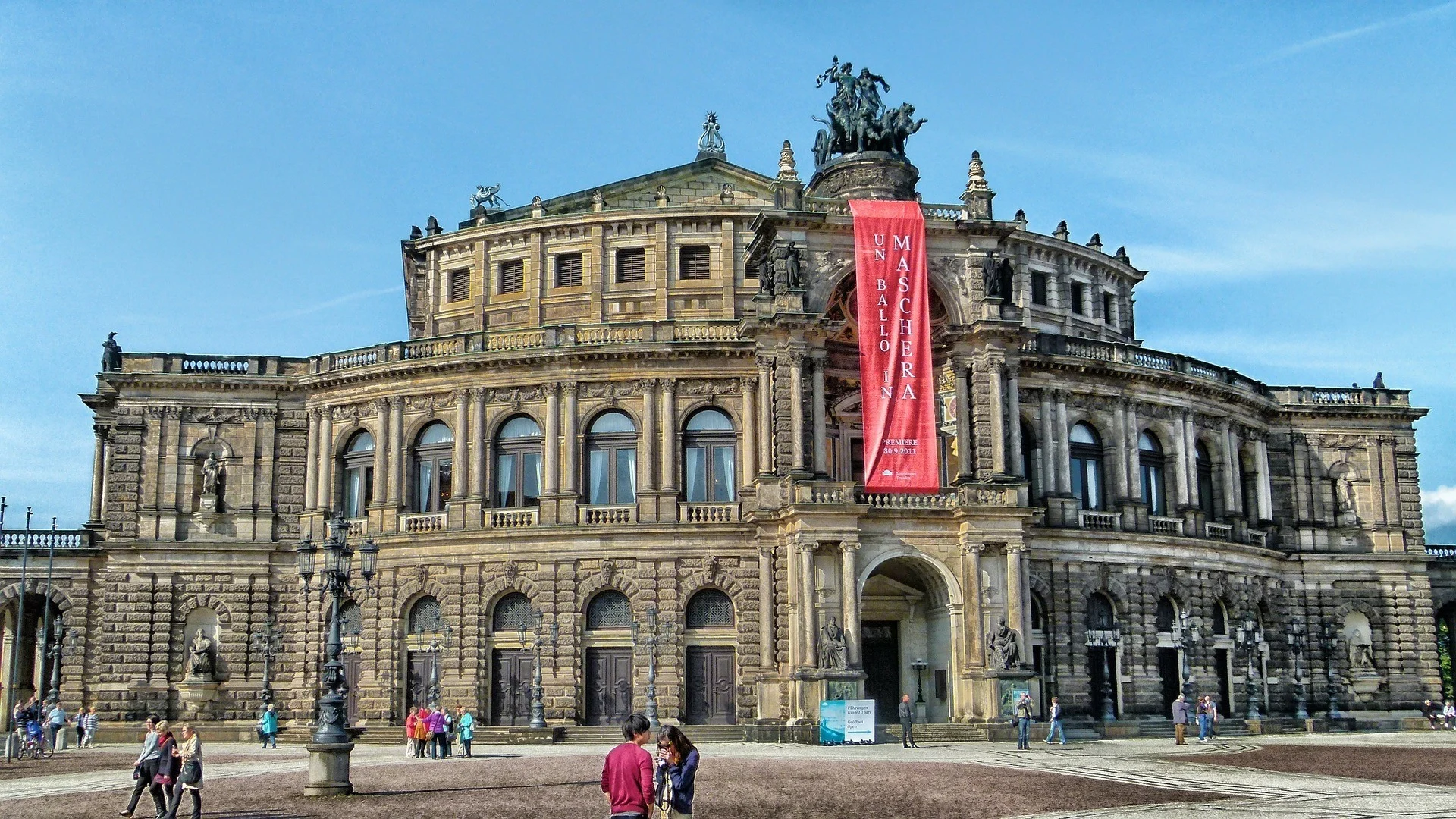
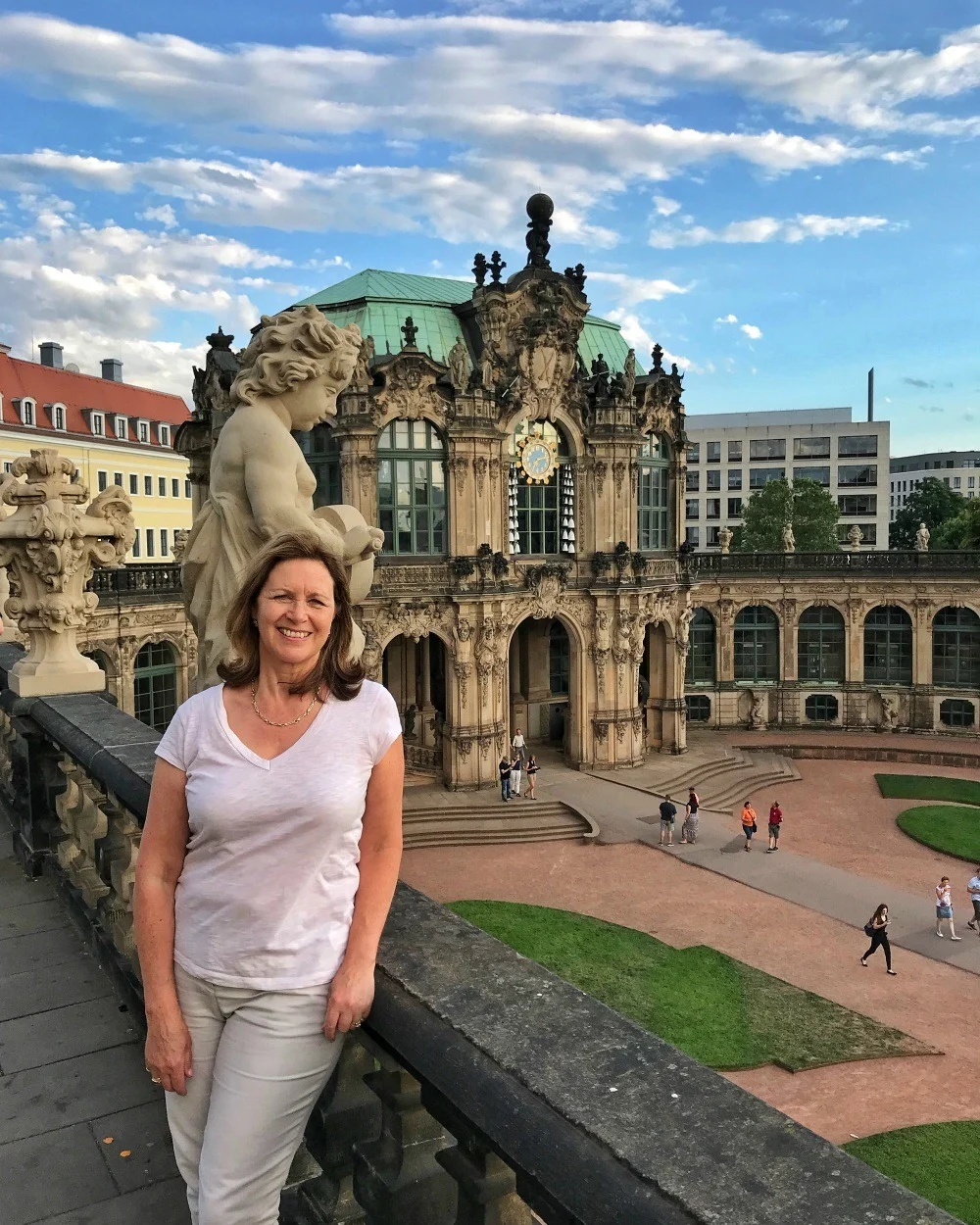
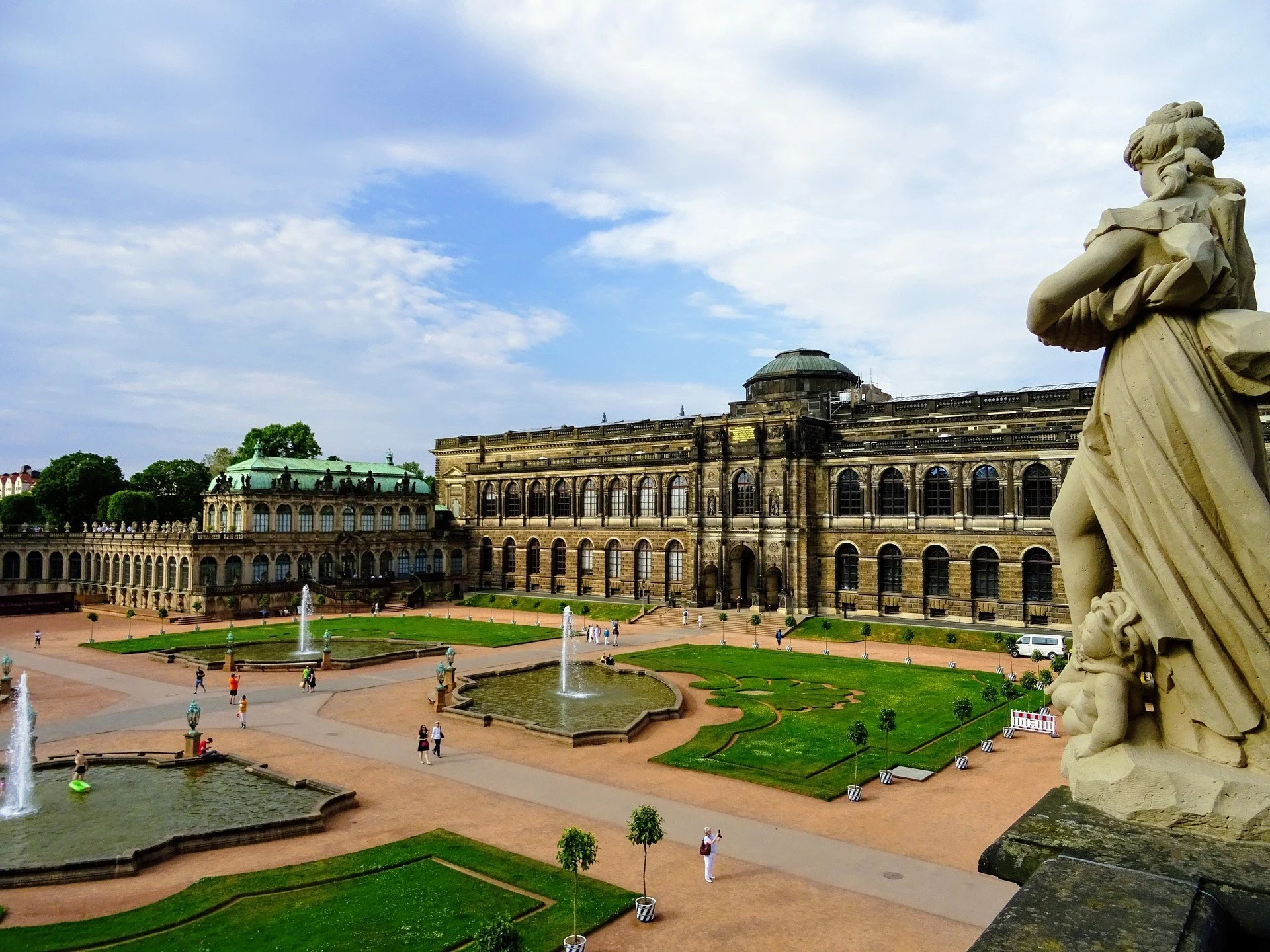
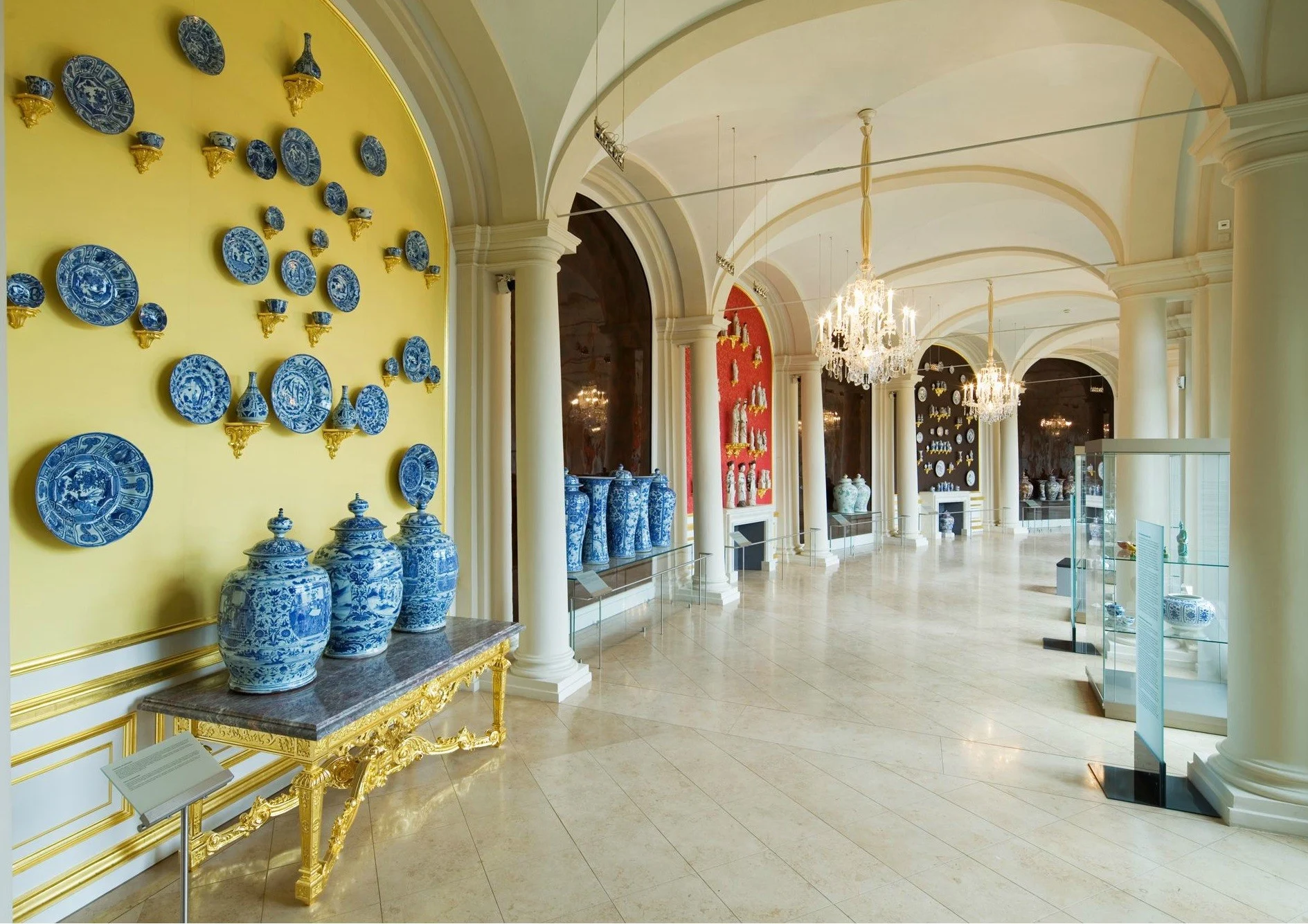
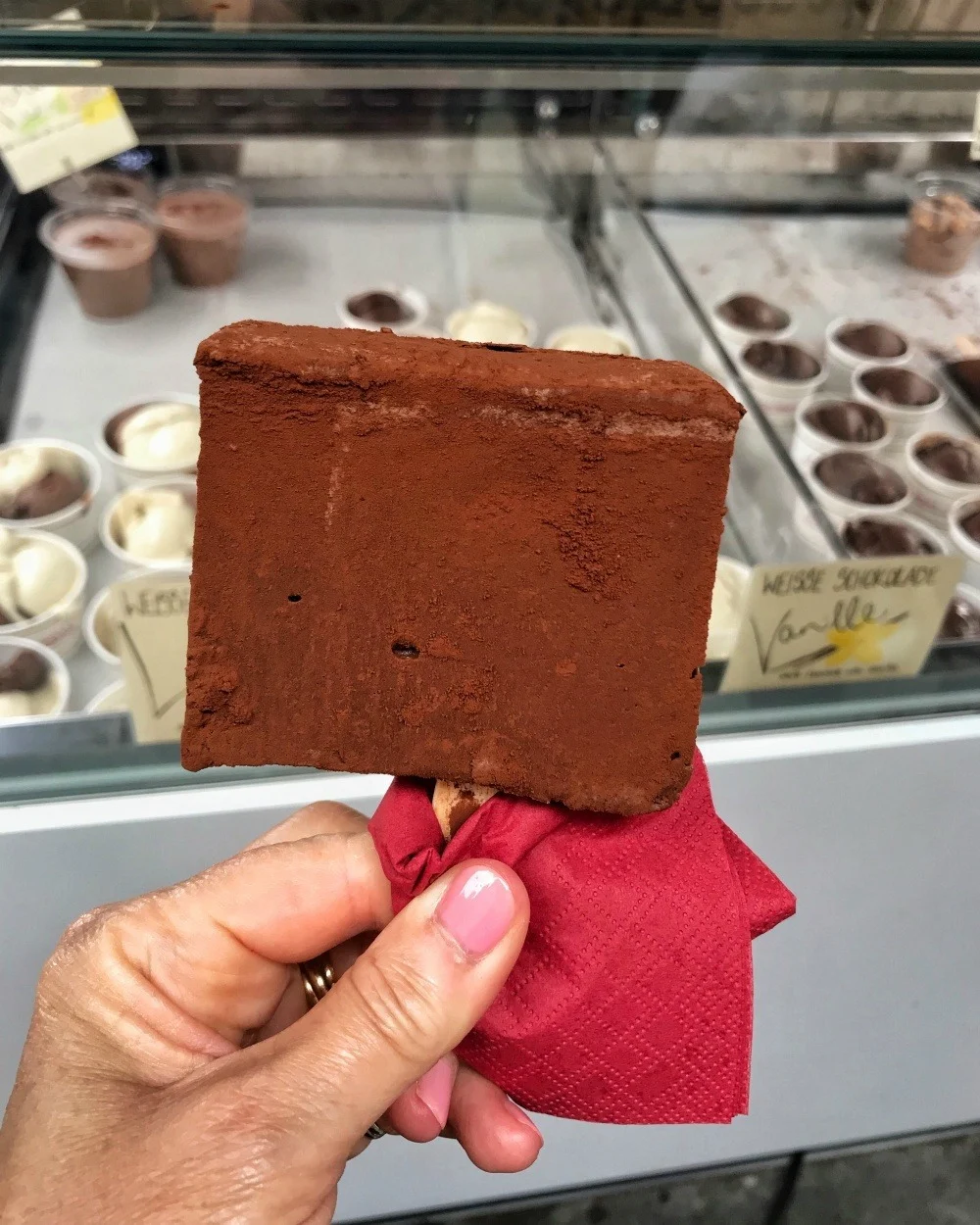
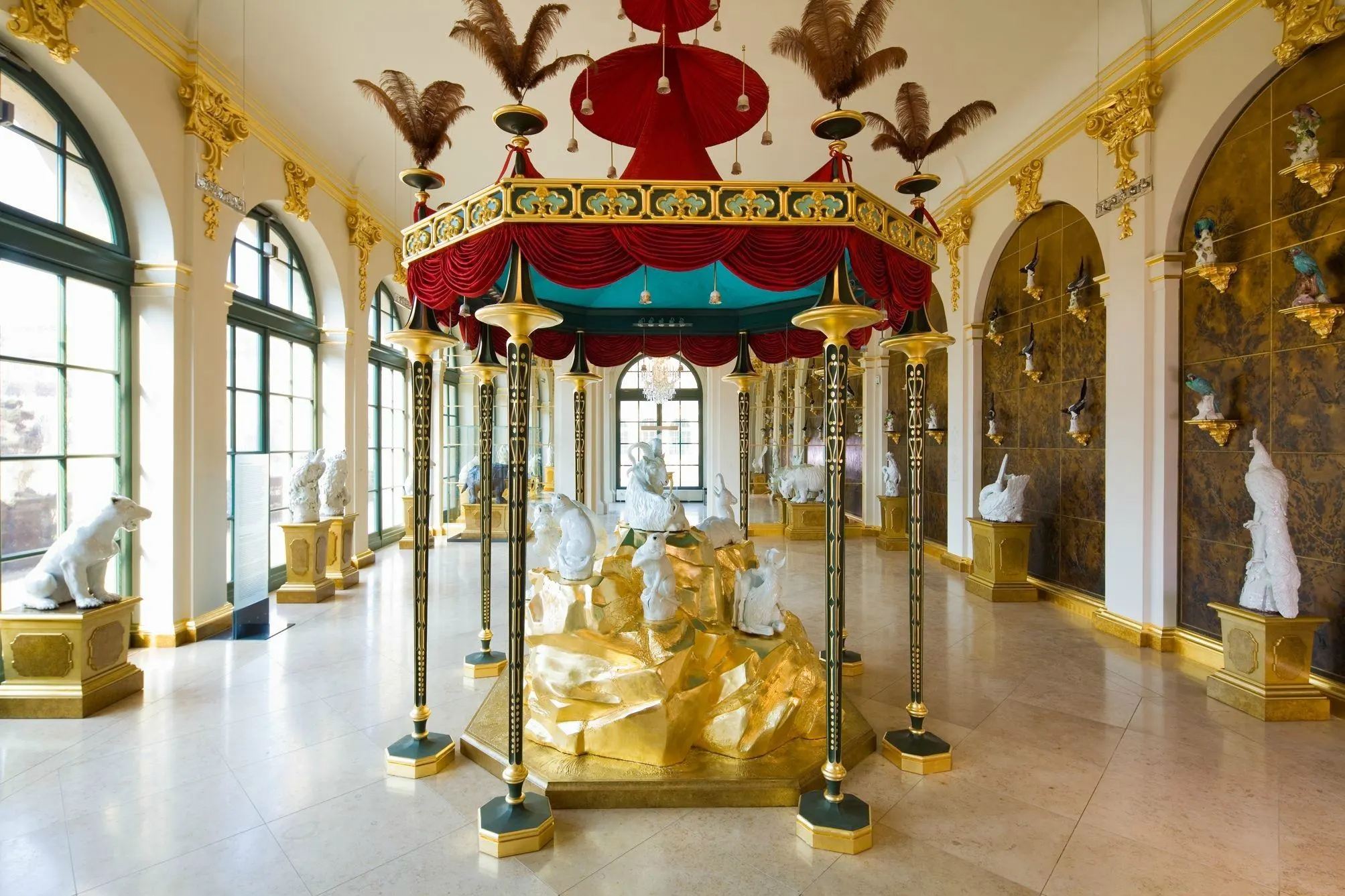
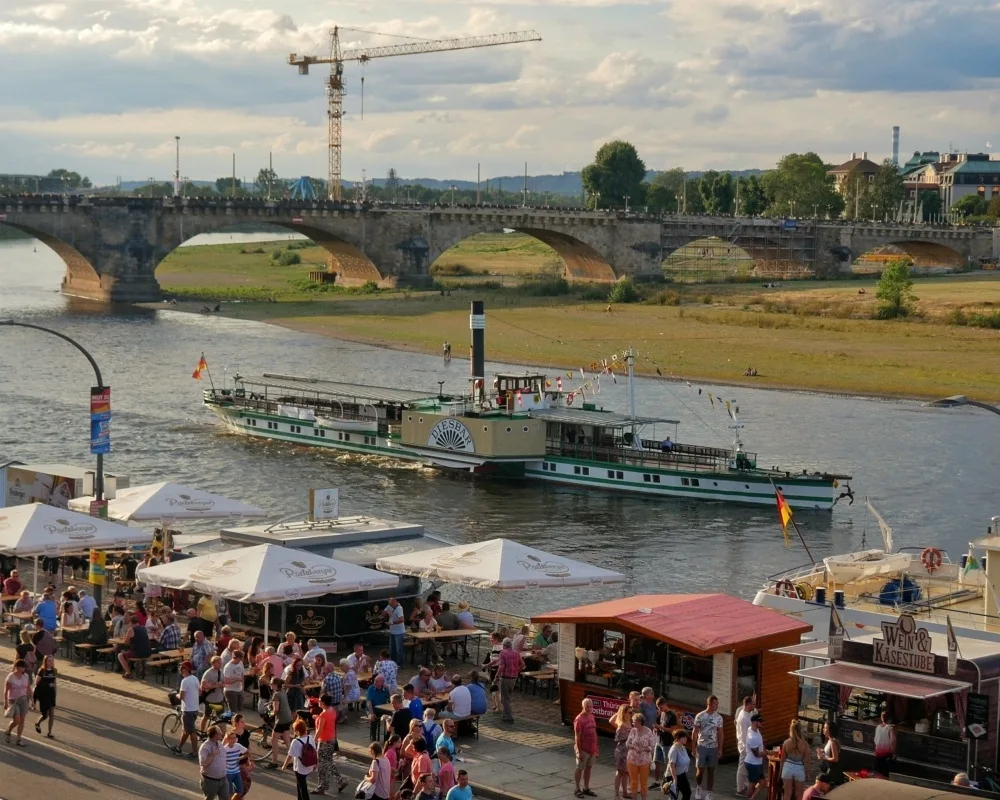
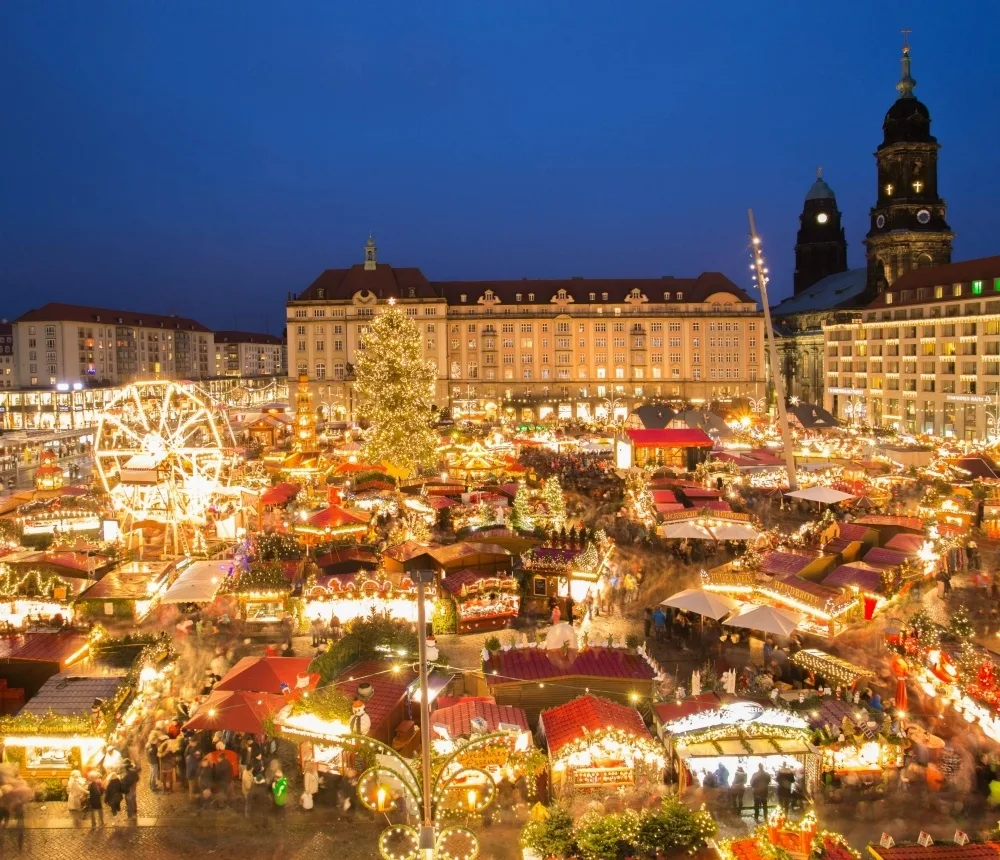
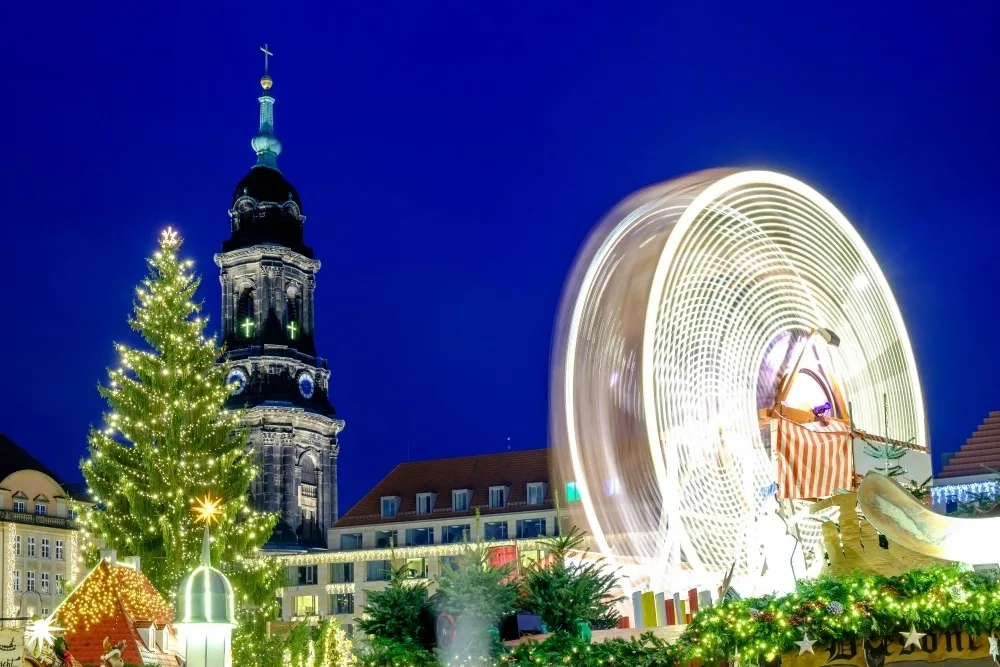
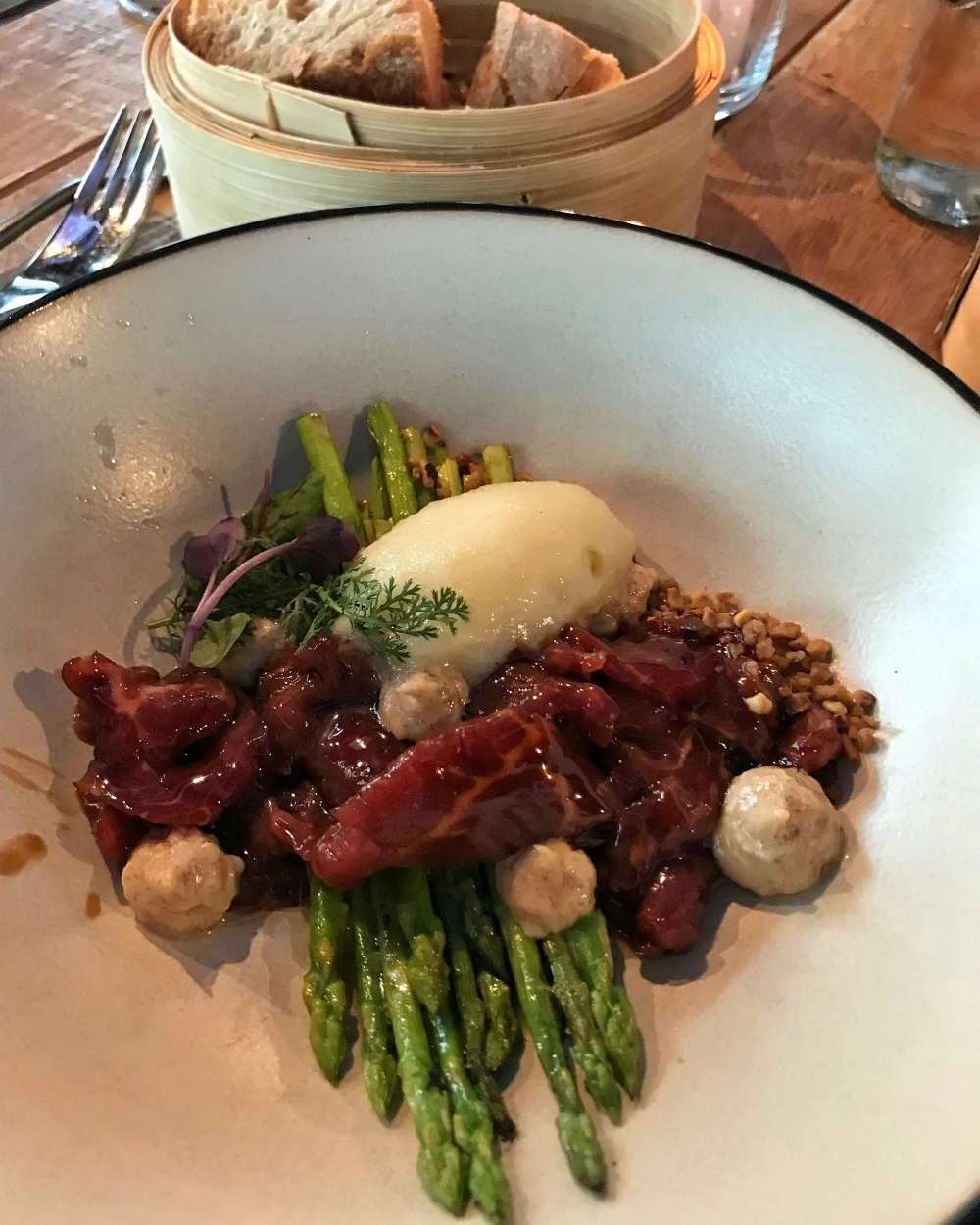
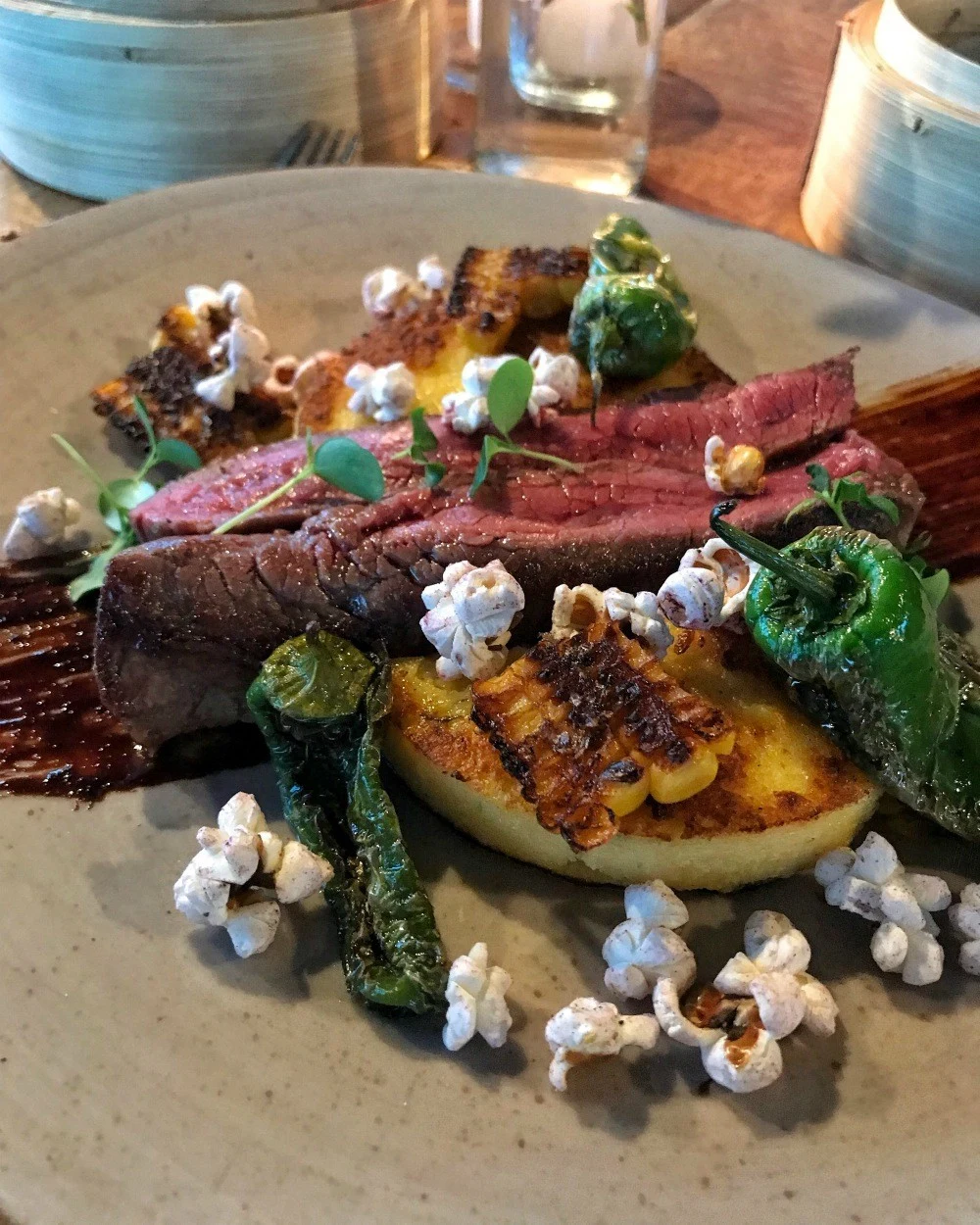
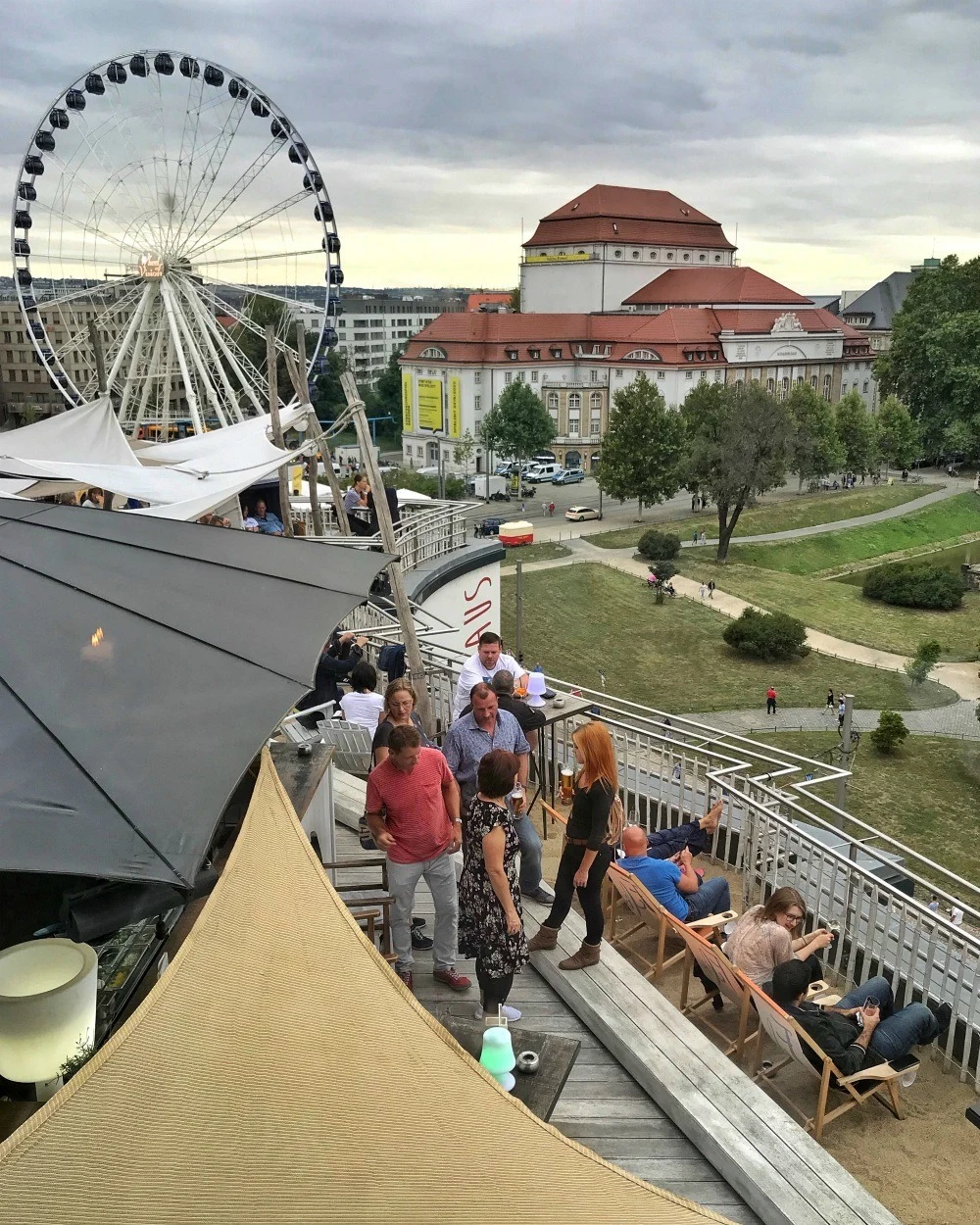
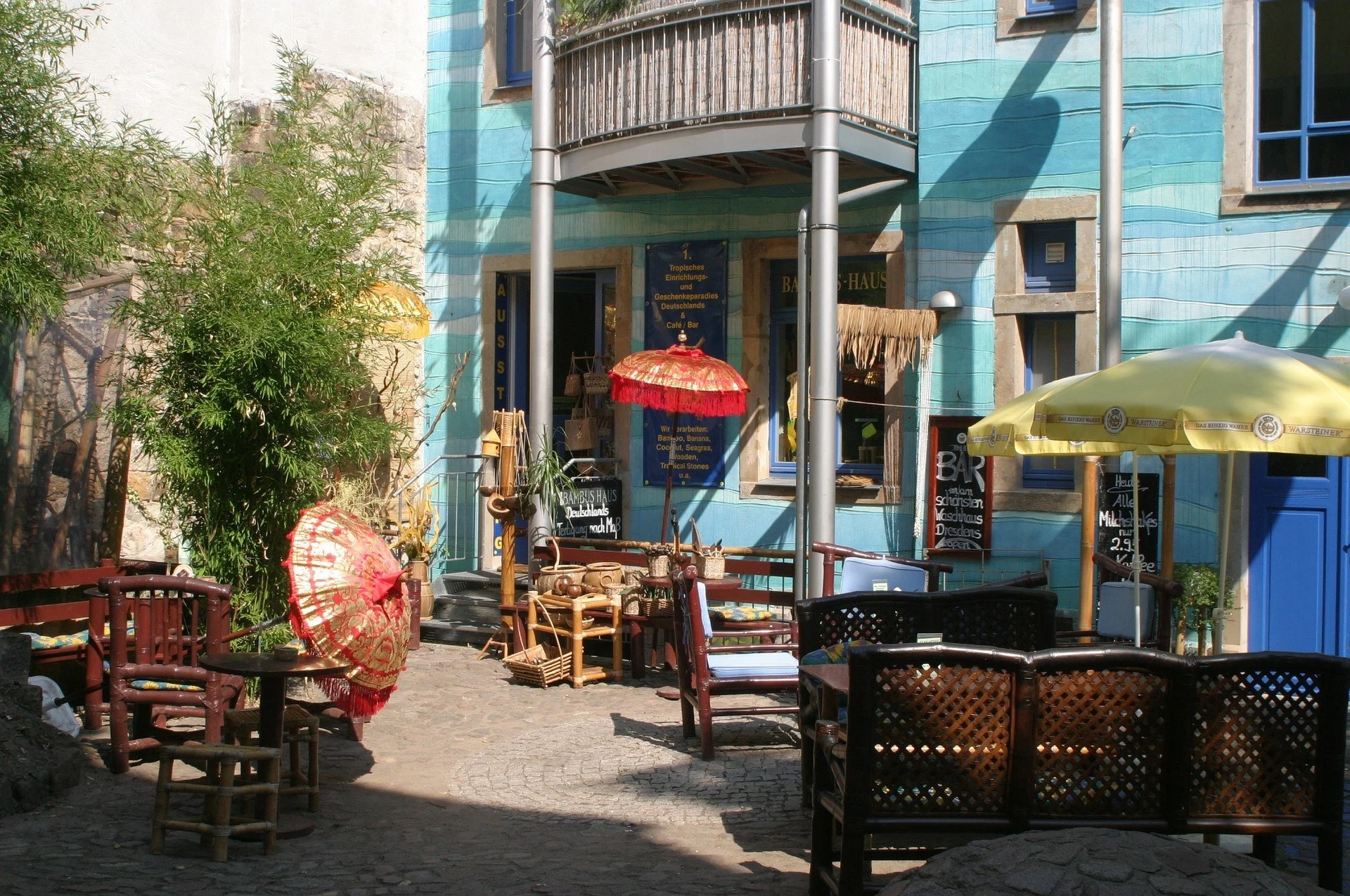
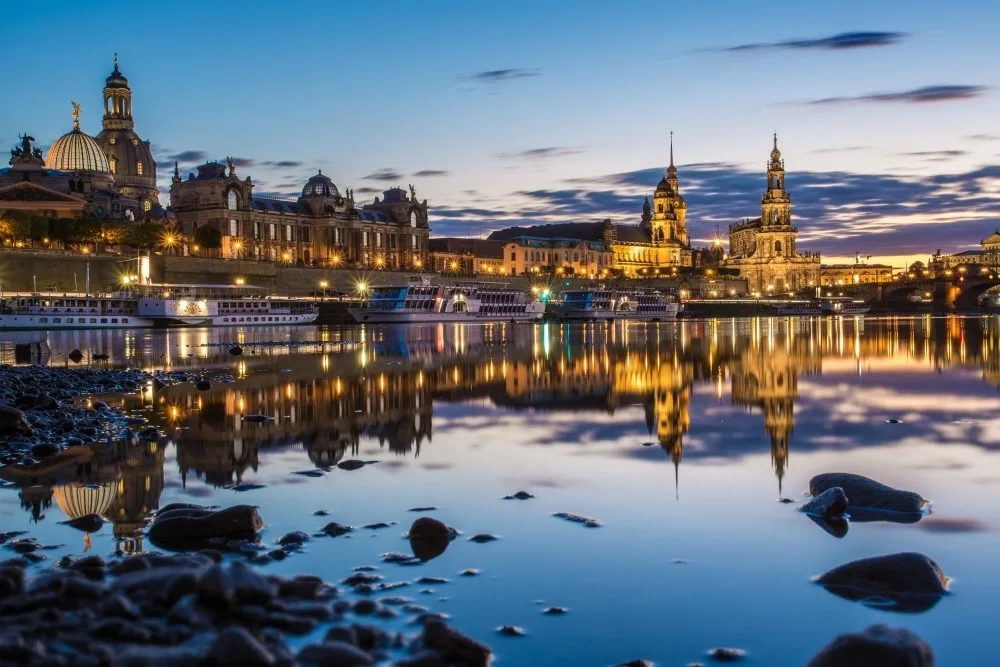
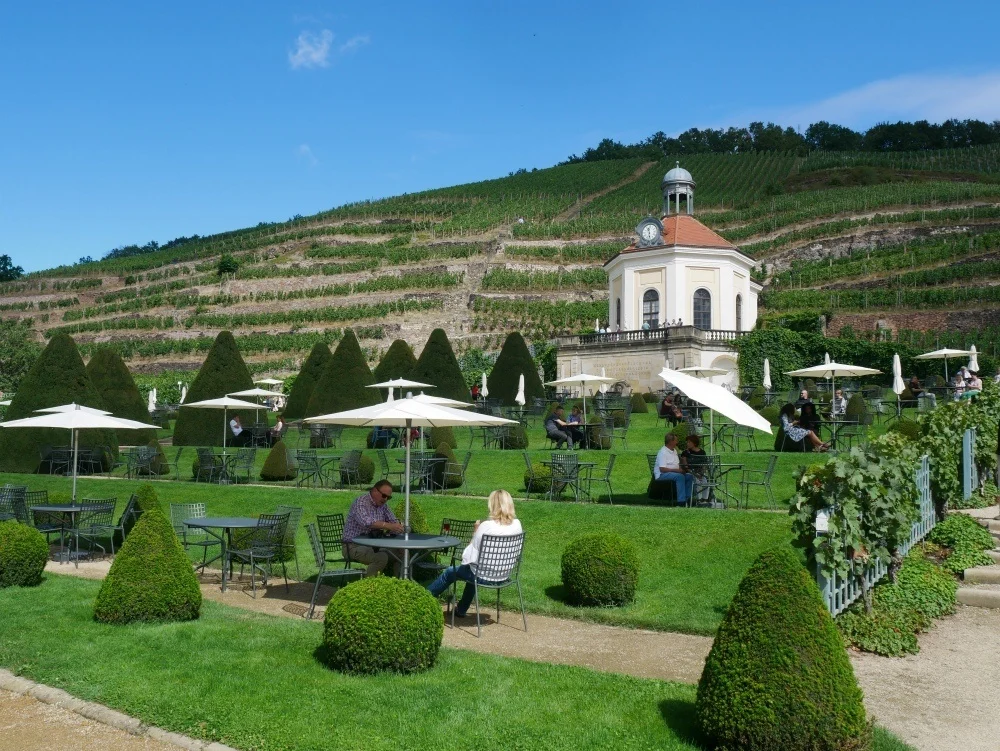
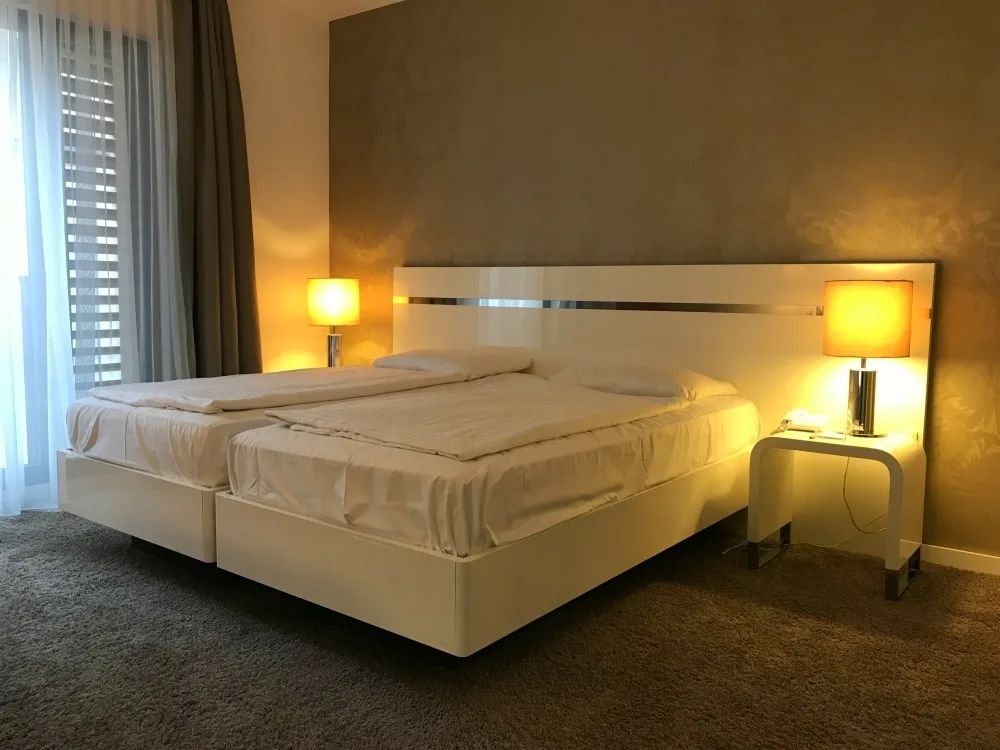
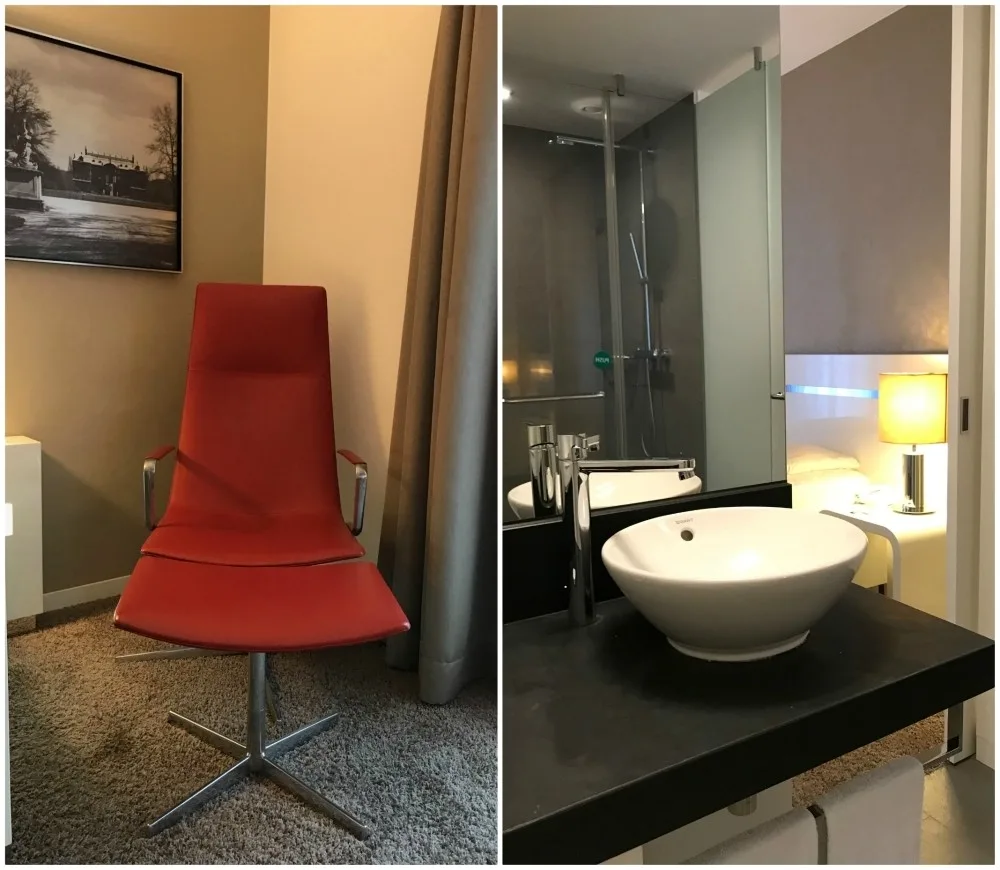
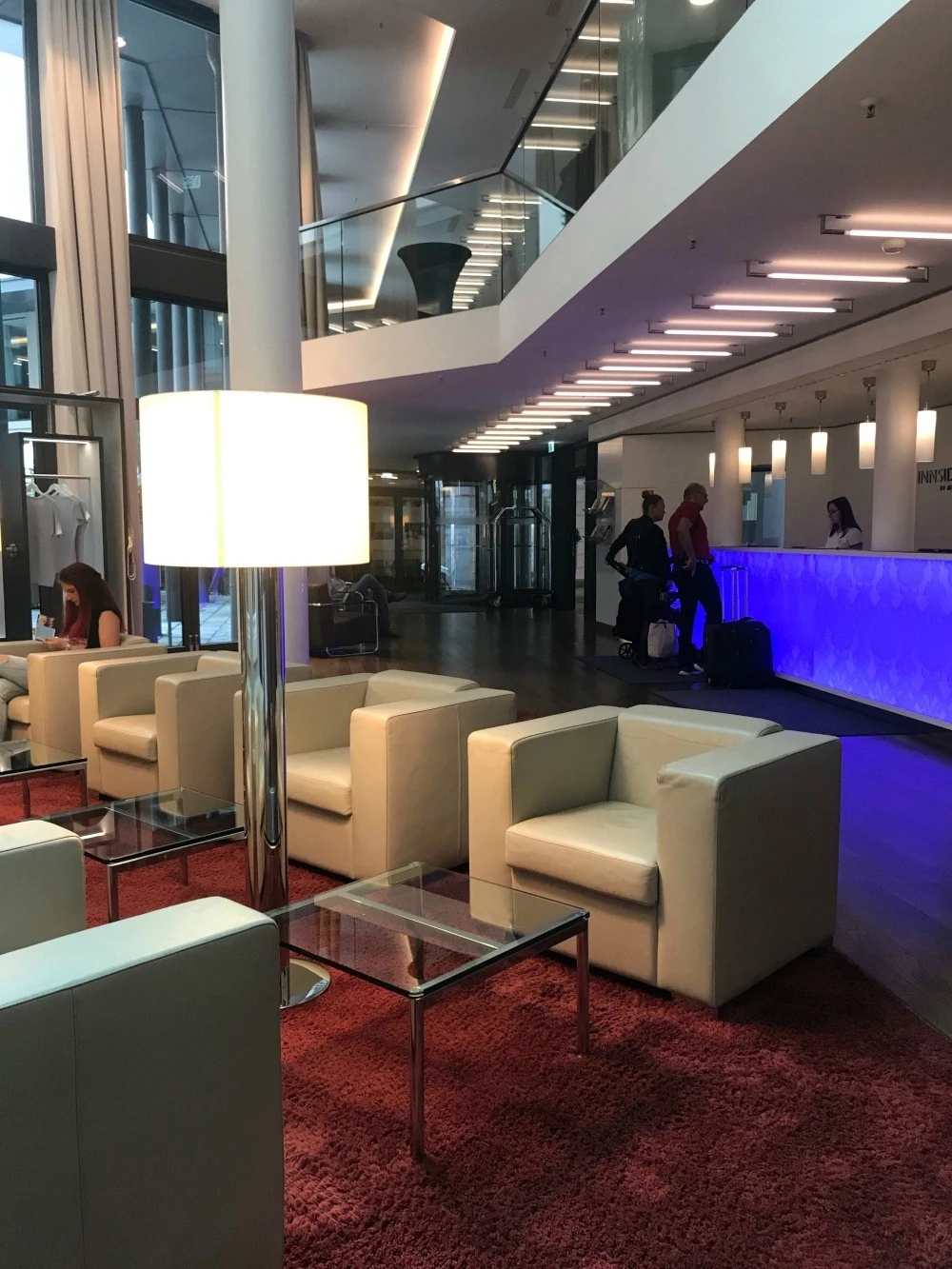
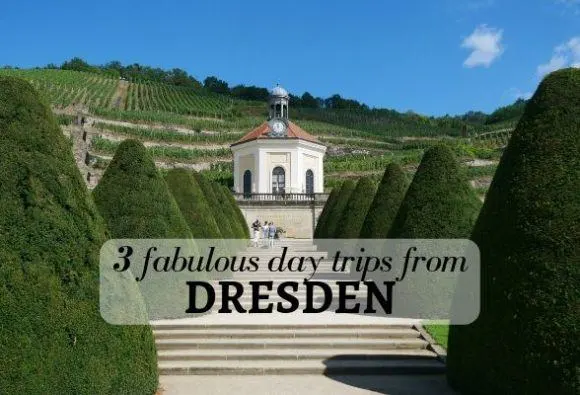


mounikamoni
Saturday 29th of February 2020
That was a Crisp Information., also with a Purpose of creating a good Content. I would give anything to see it before the unfortunate bombings. I have ridiculously beautiful porcelain from there, and such admiration for that city.
Naddya from NTripping
Wednesday 8th of January 2020
Hey Heather, such a great post about one of the coolest, in my opinion, cities in Germany!
One awesome thing I enjoyed thoroughly in Dresden, which I don't see on your list, is the amazing street art.
Cheers!
Heather Cowper
Sunday 12th of January 2020
@Naddya - we had such a short time that we stayed in the old centre north of the river, but I know there is lots of great street art on the other side of the river!